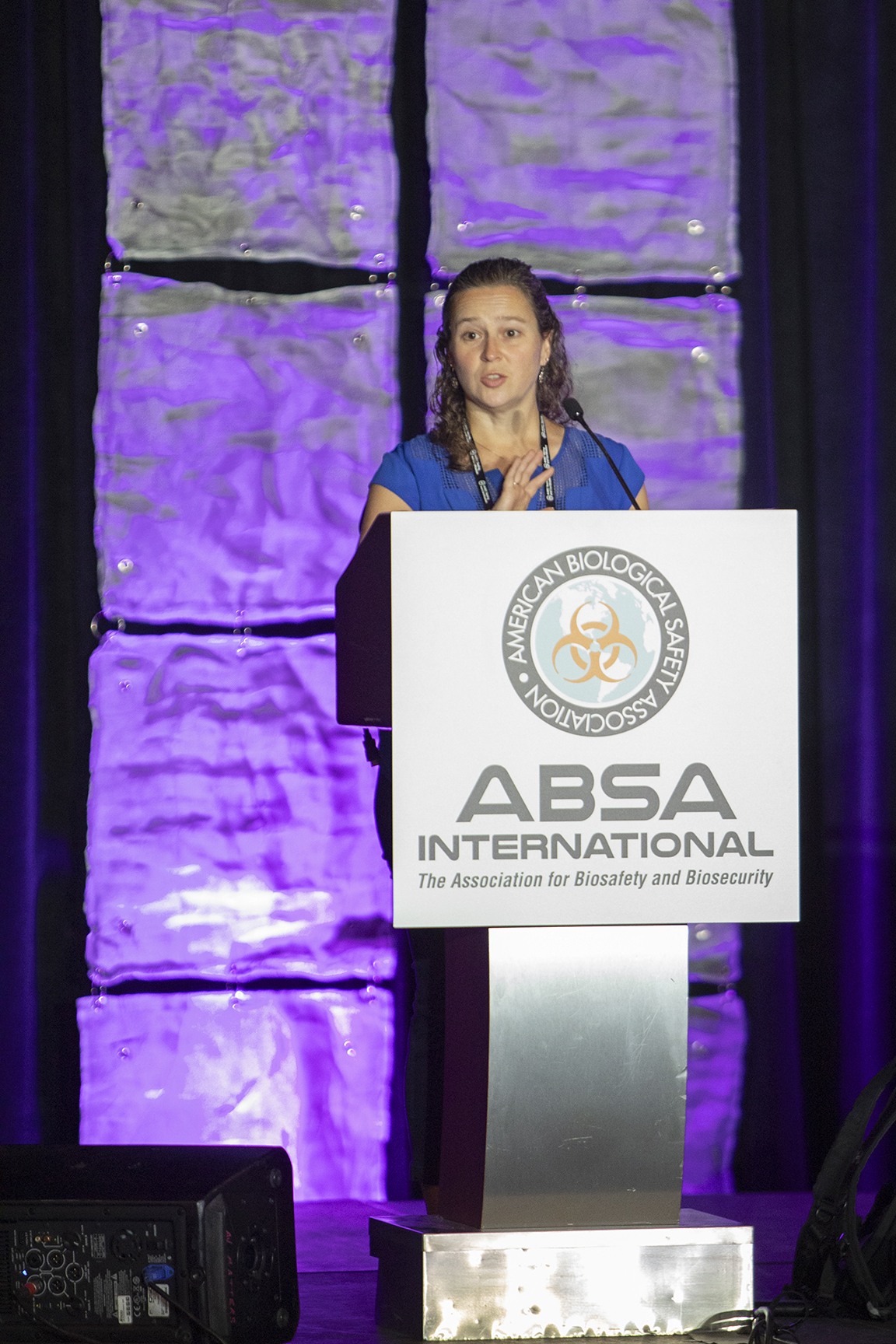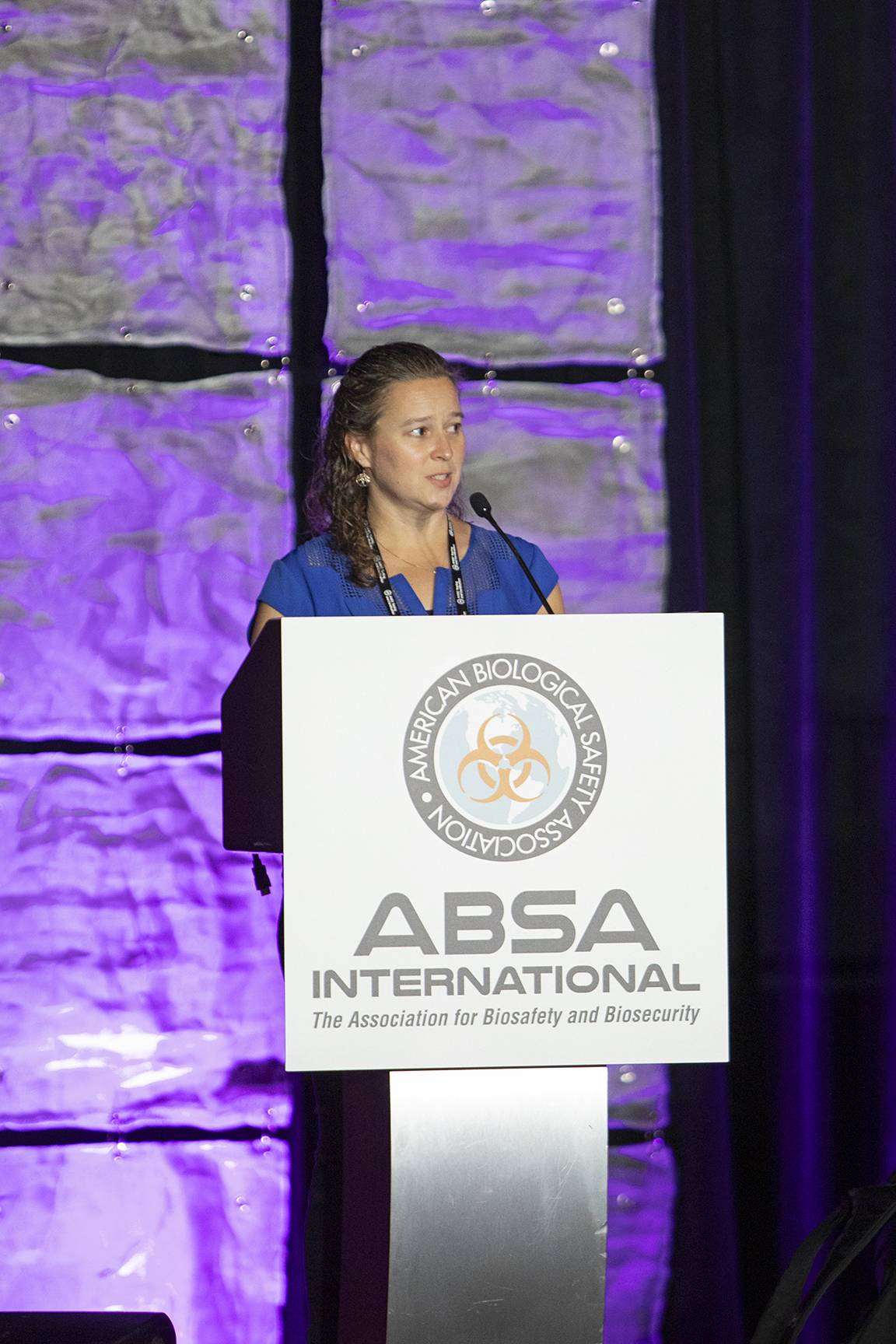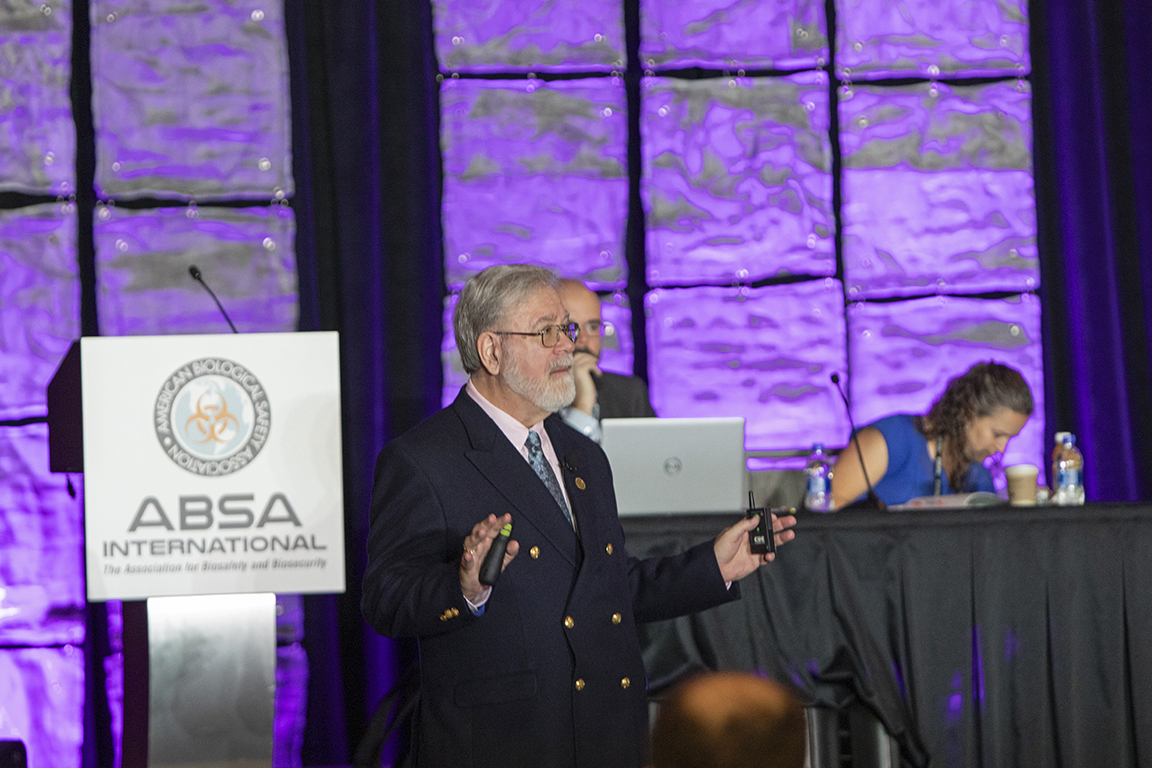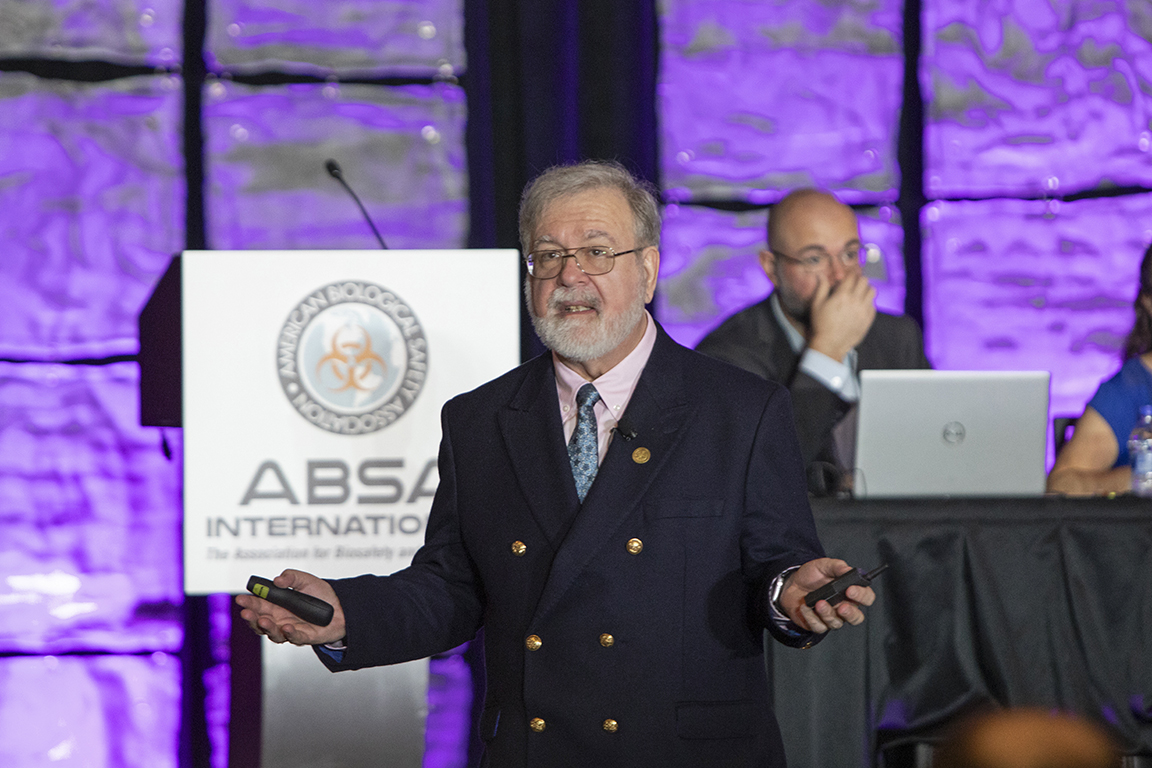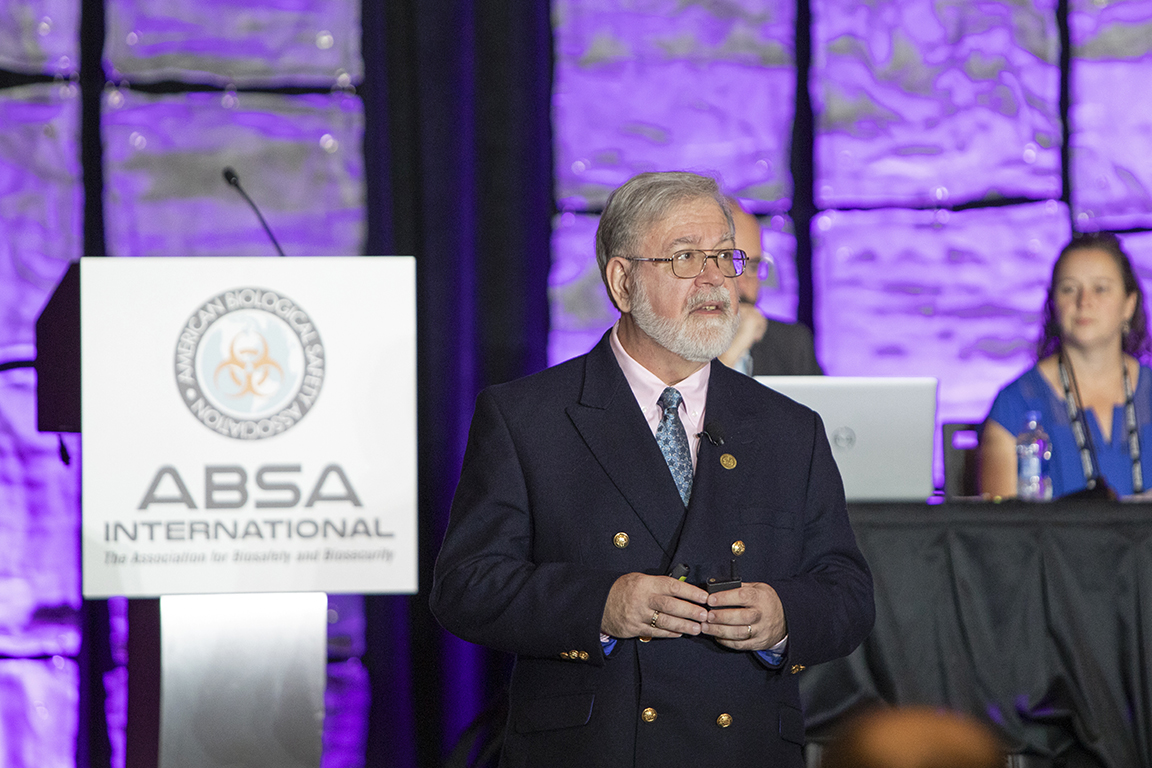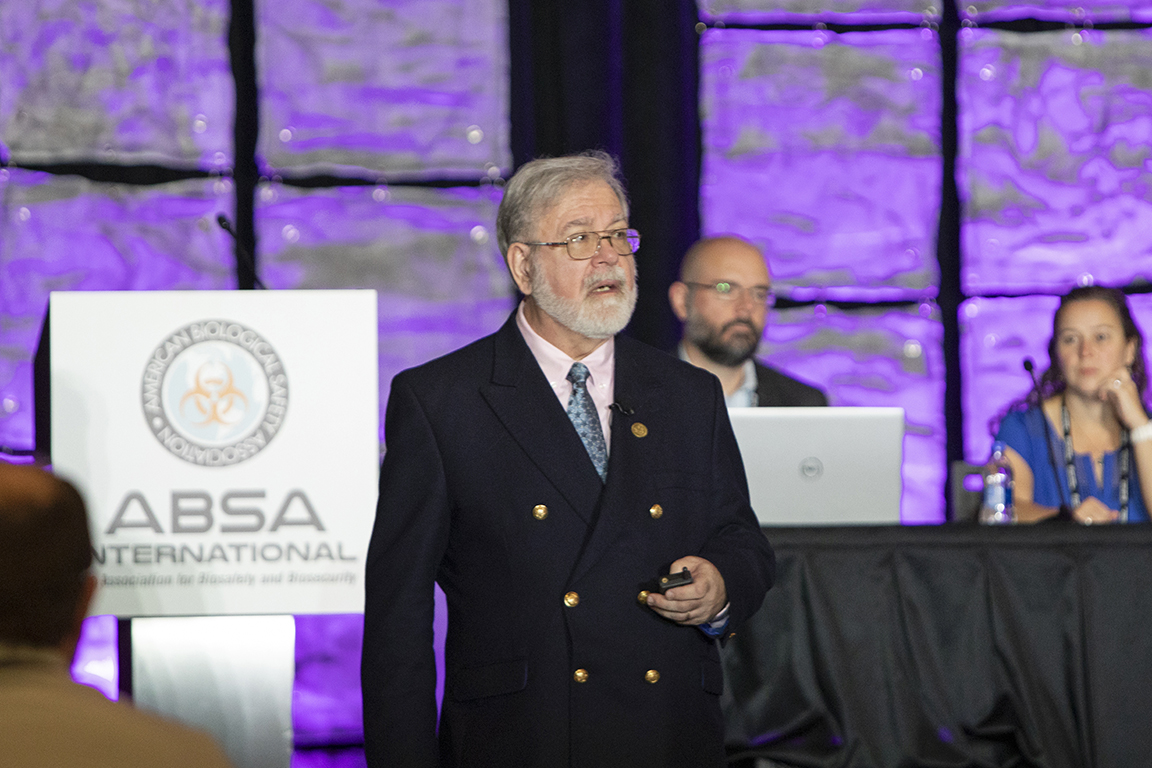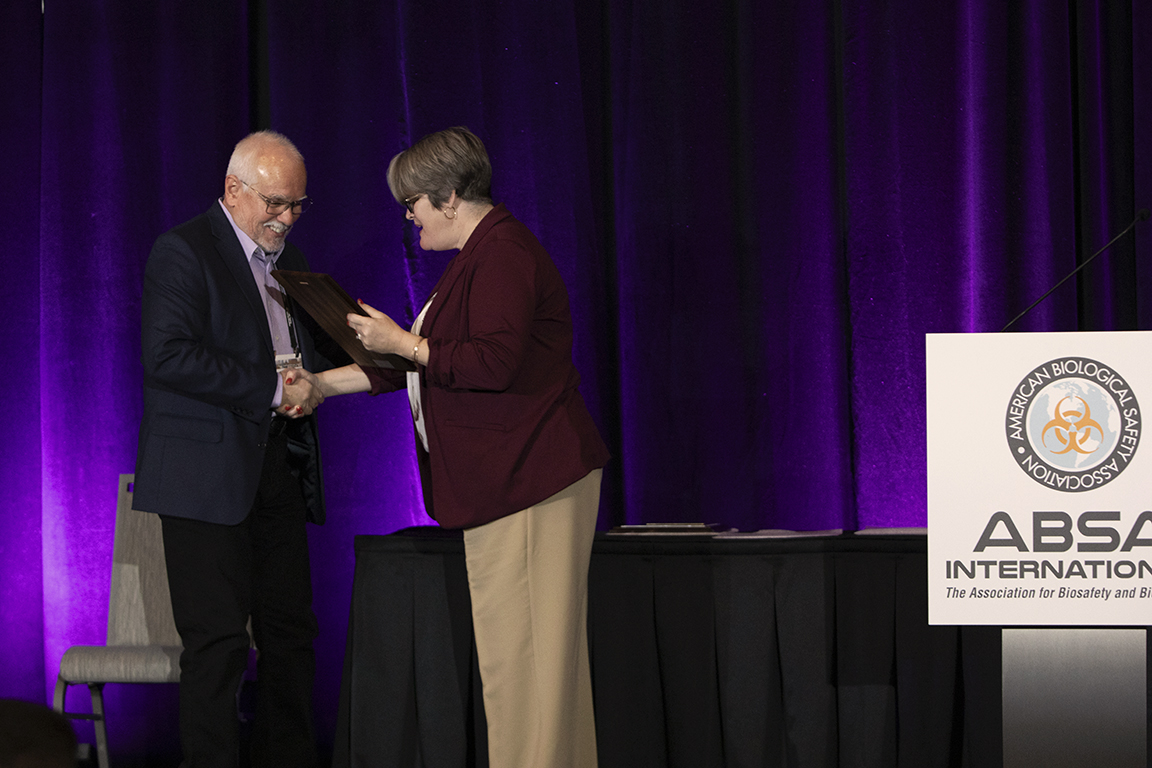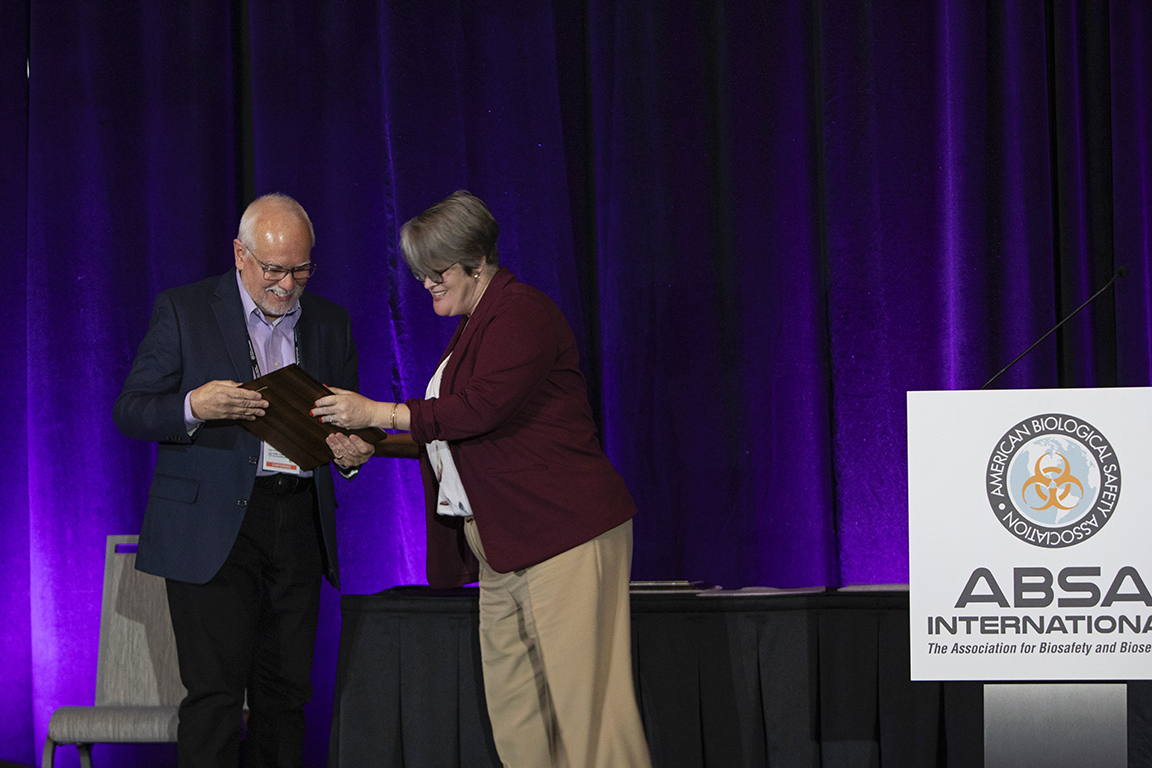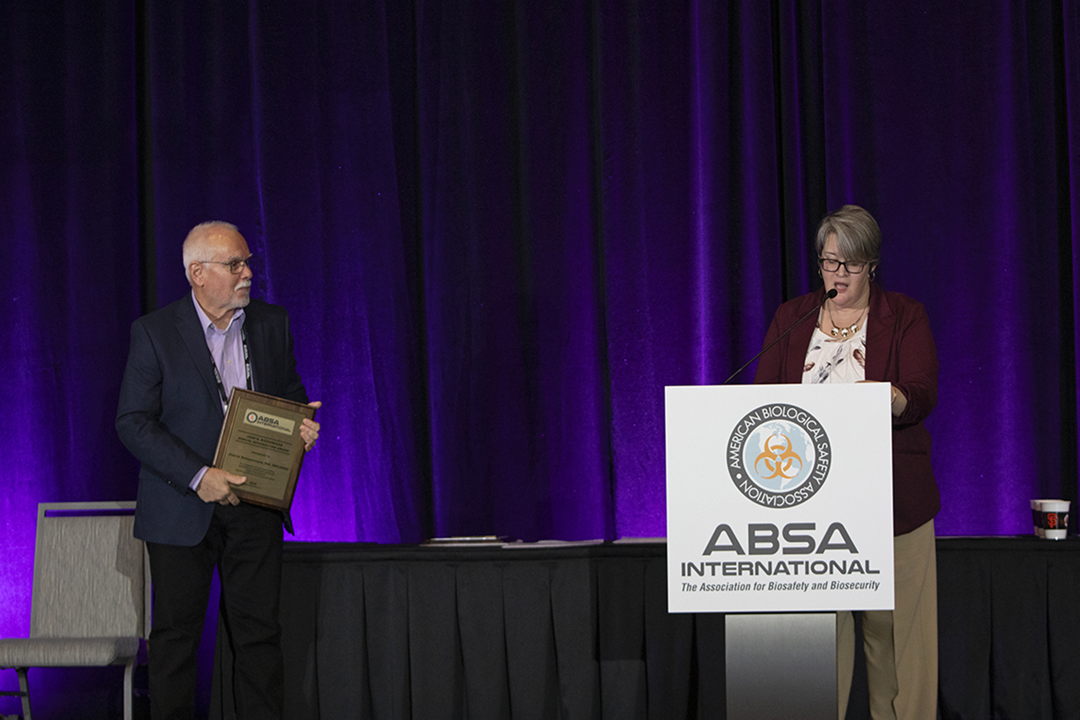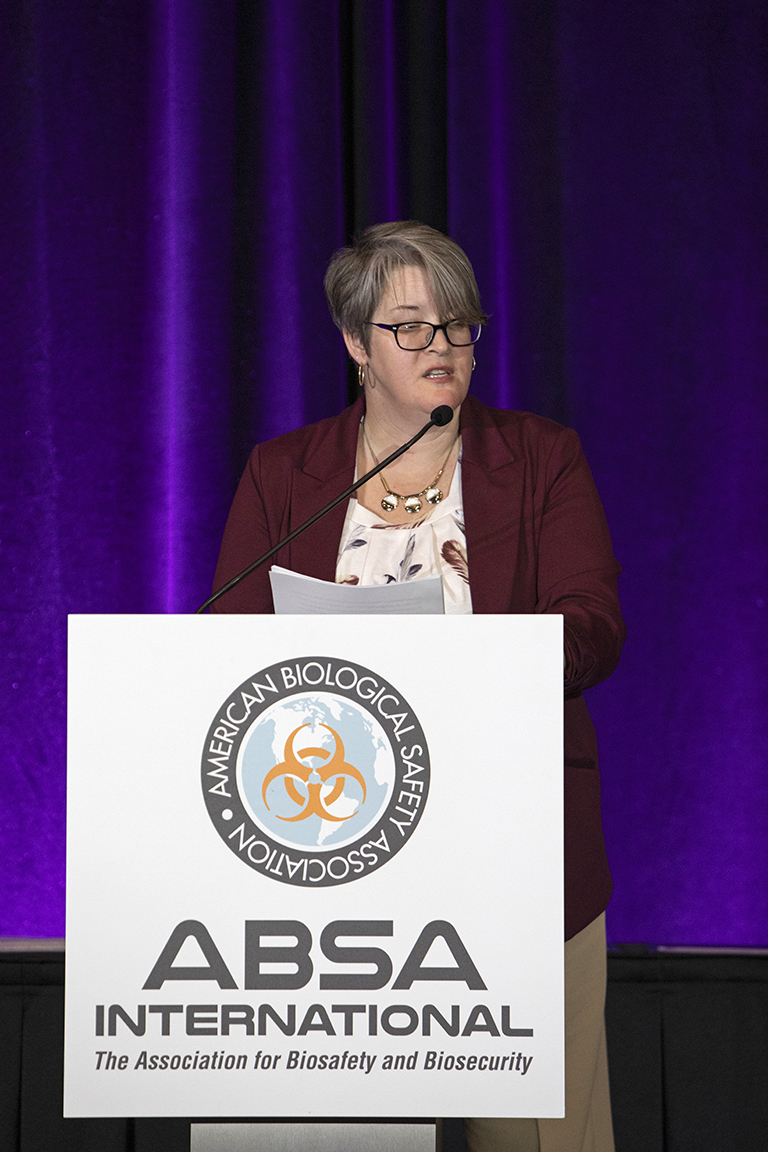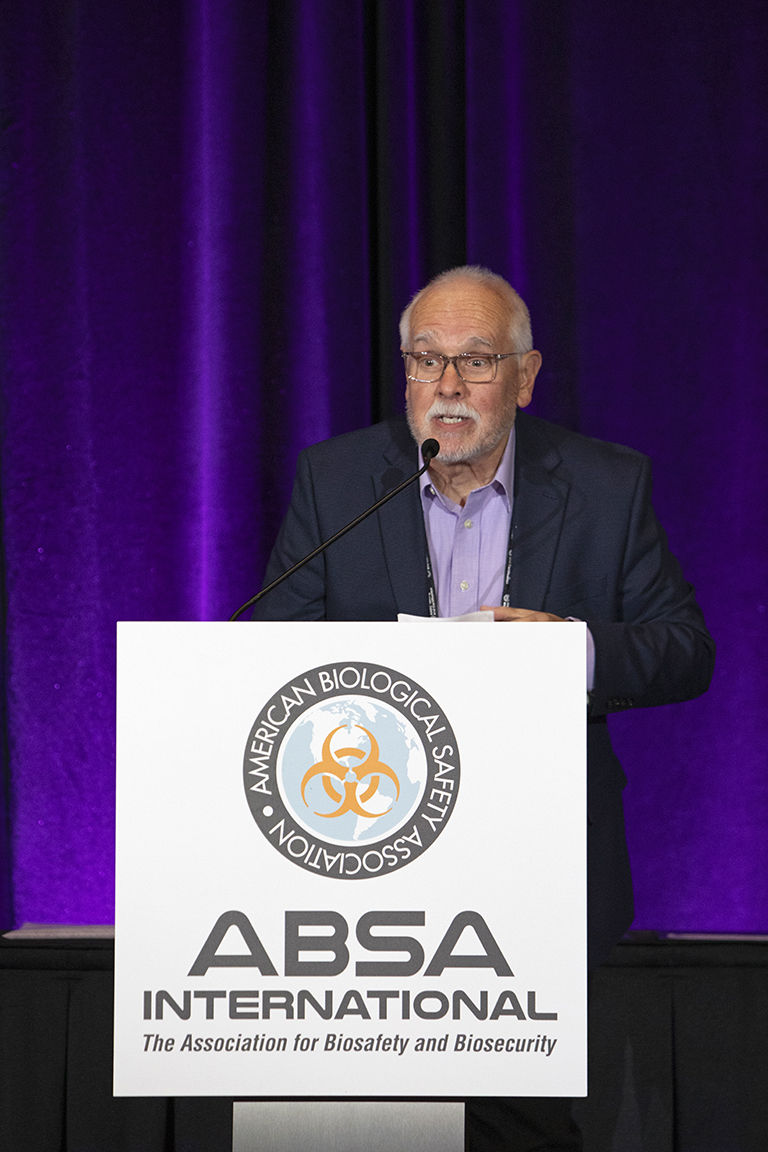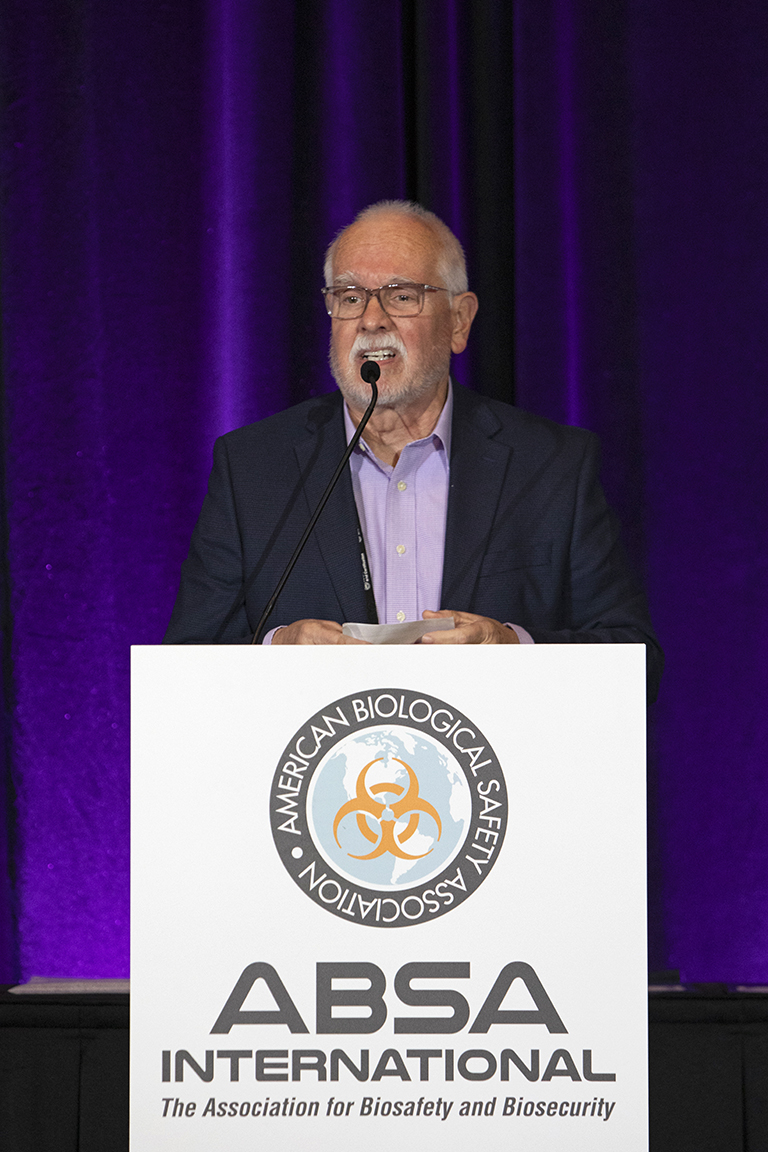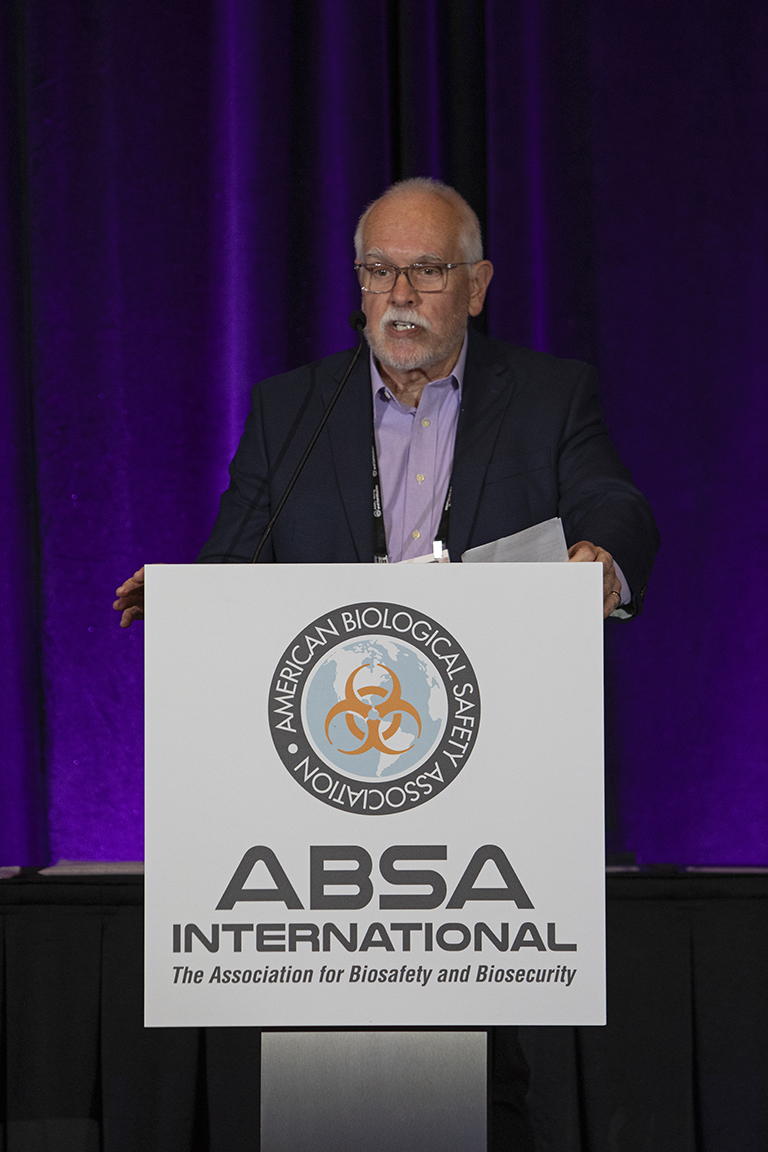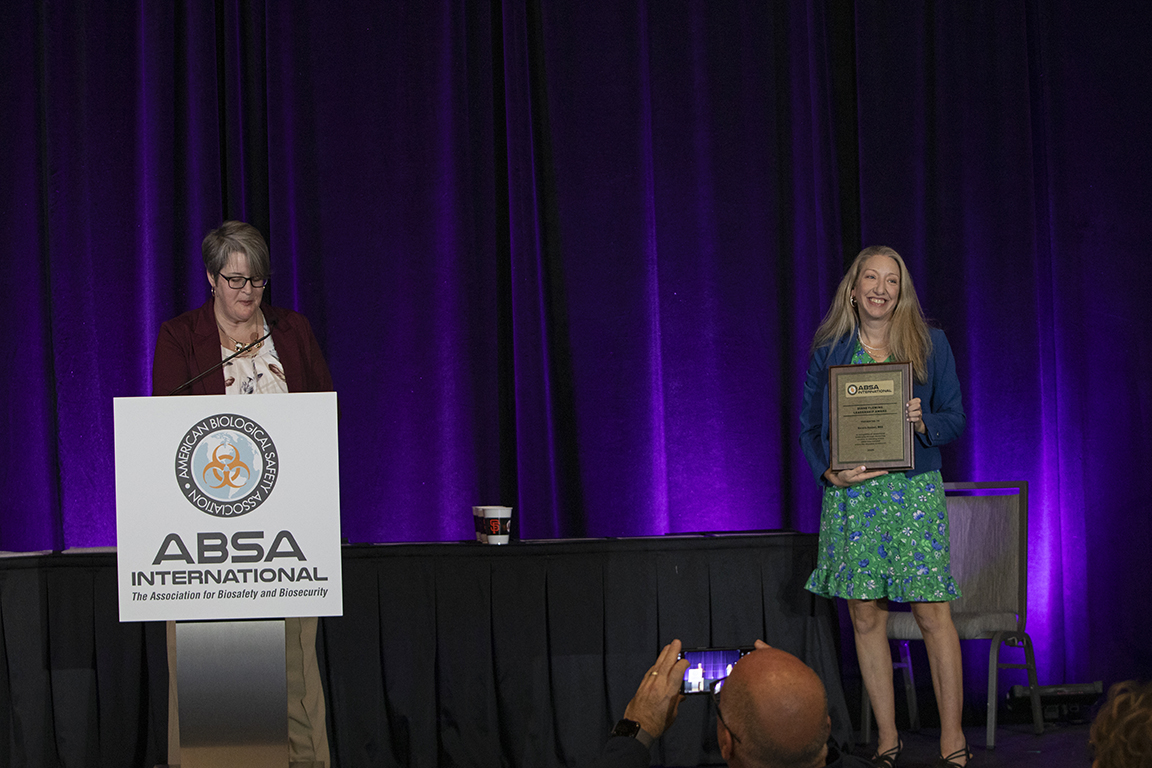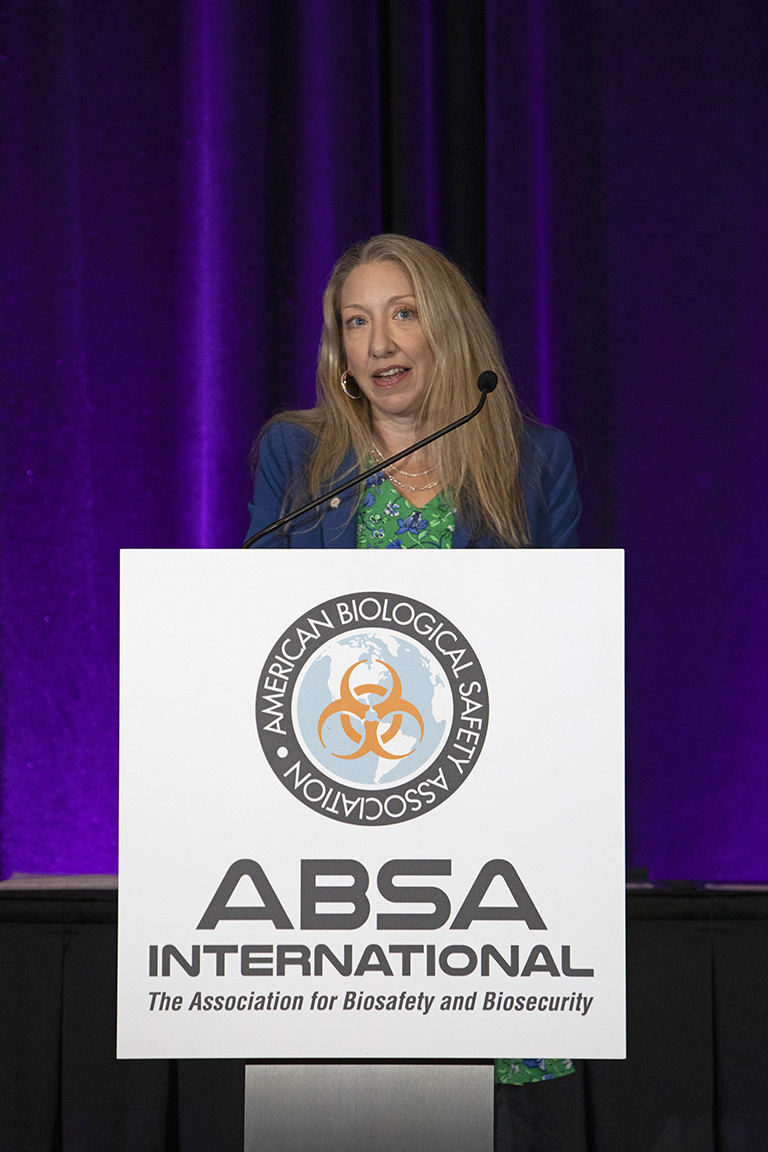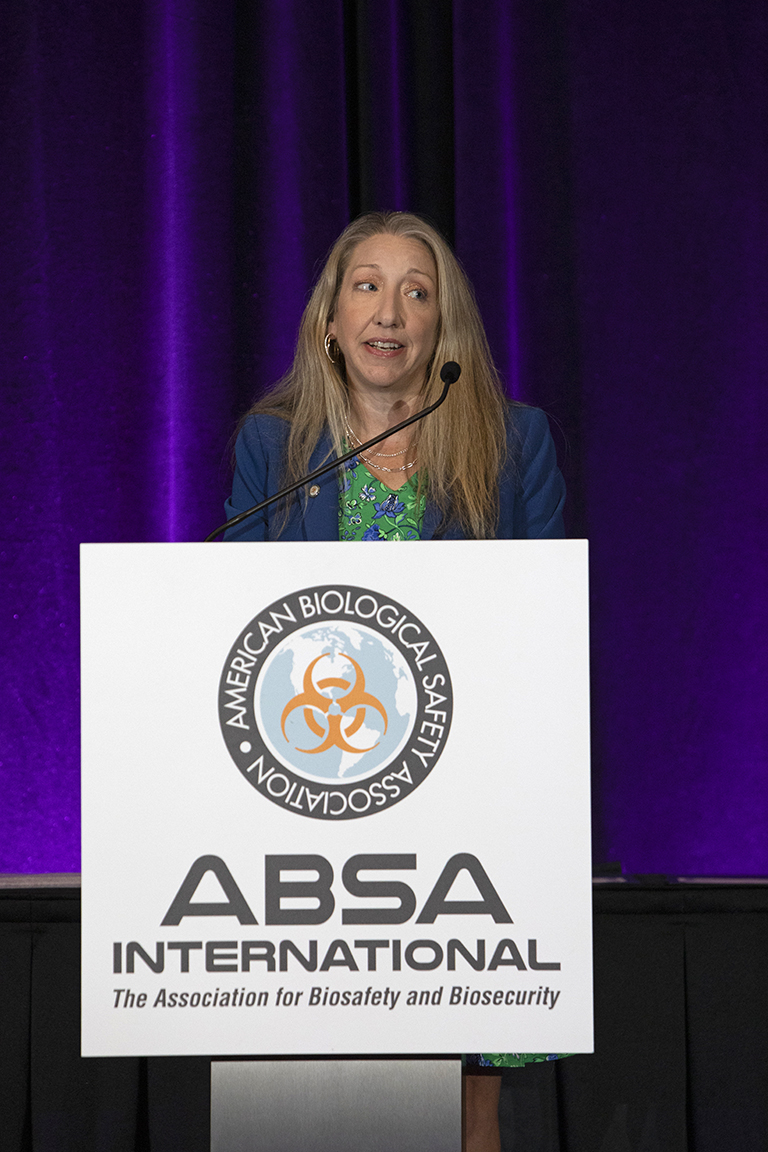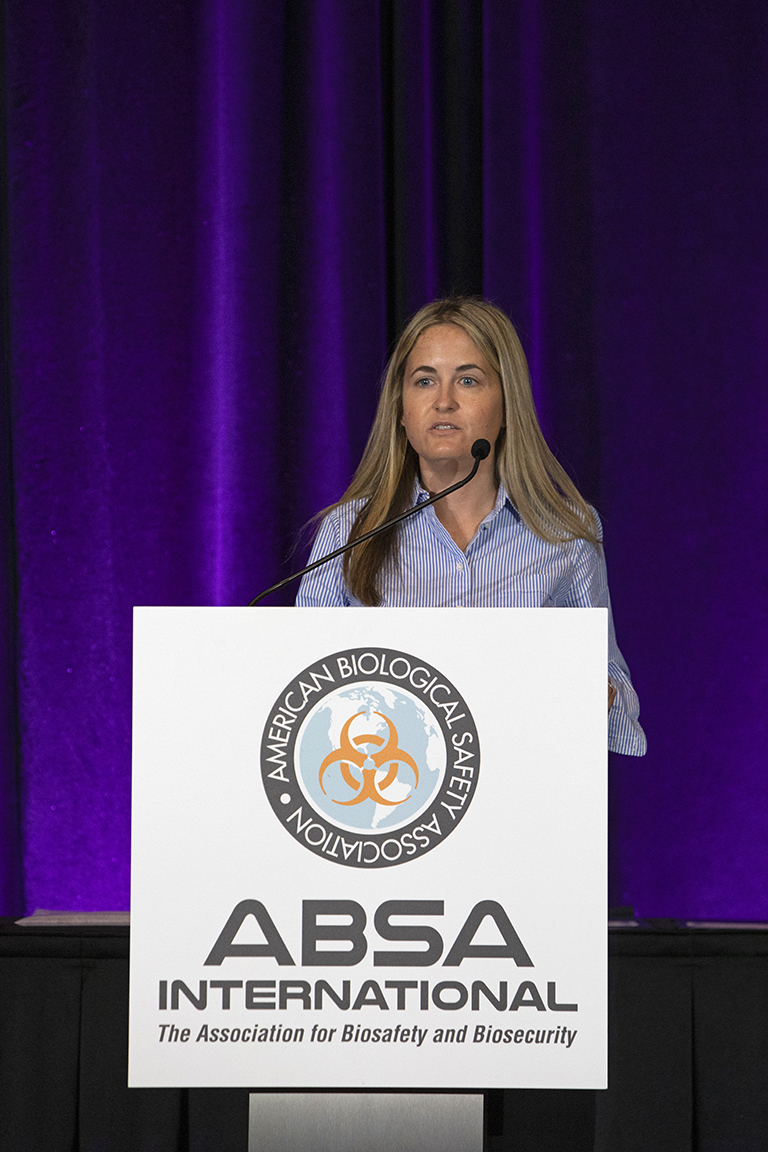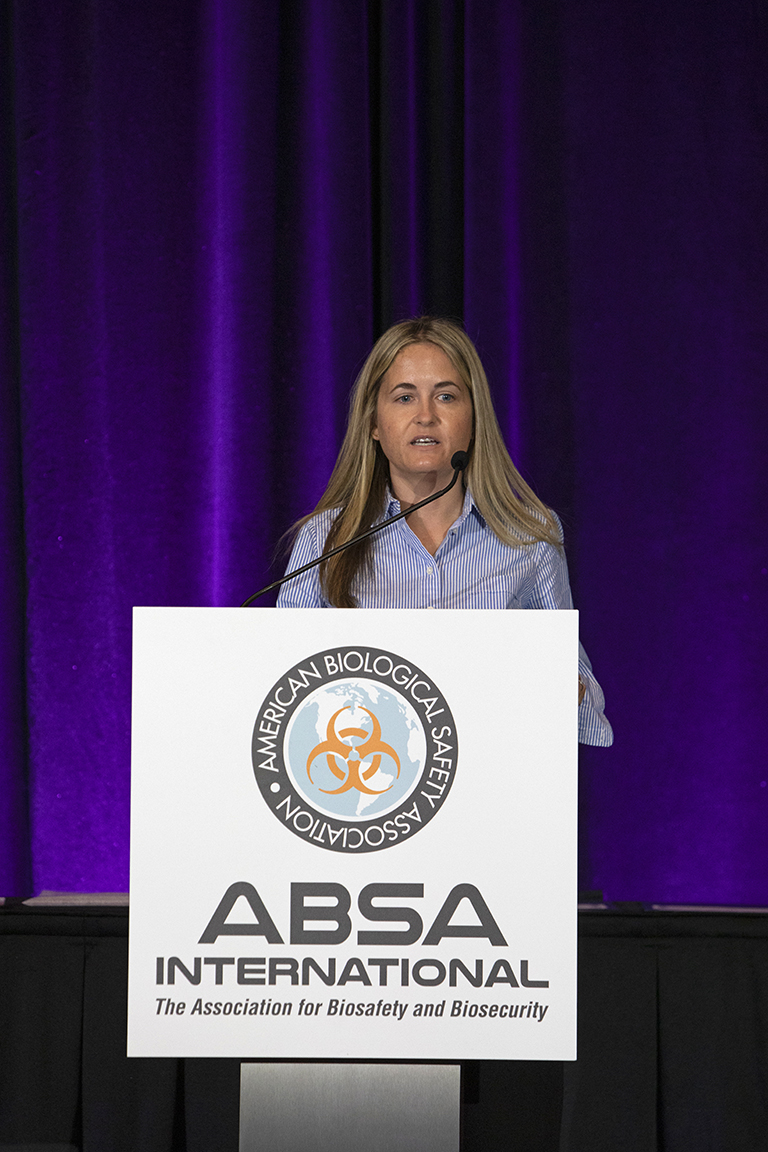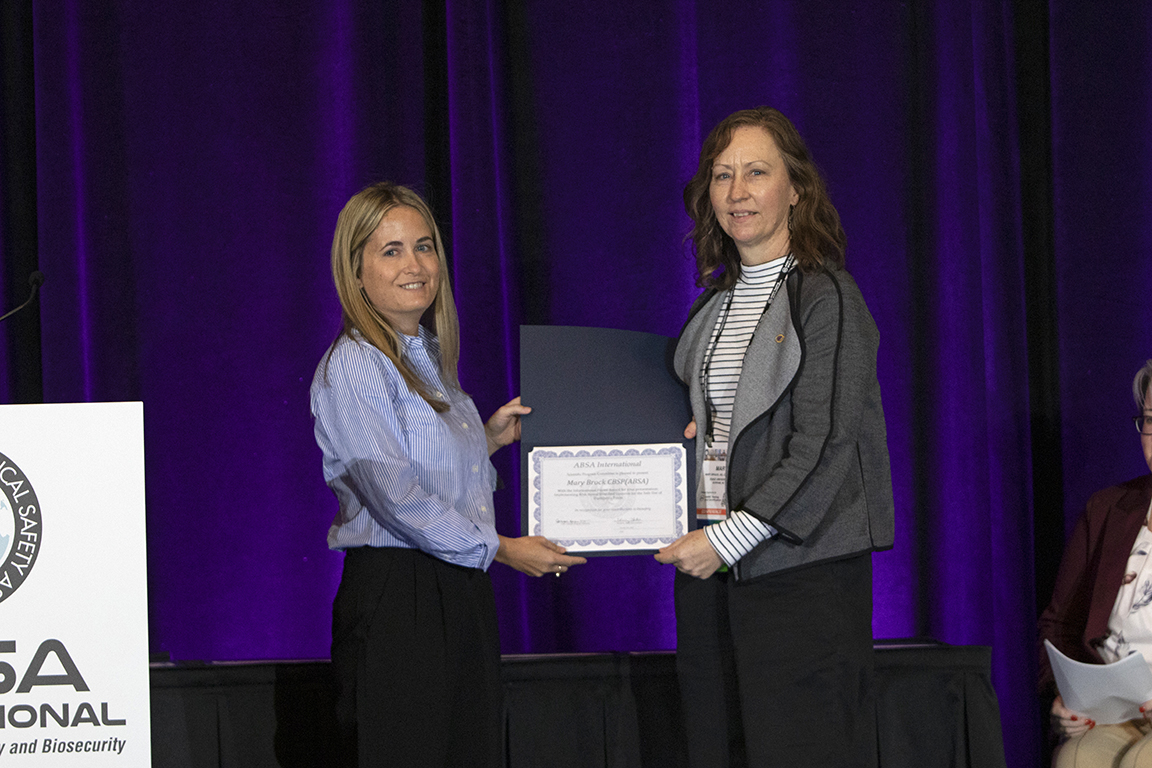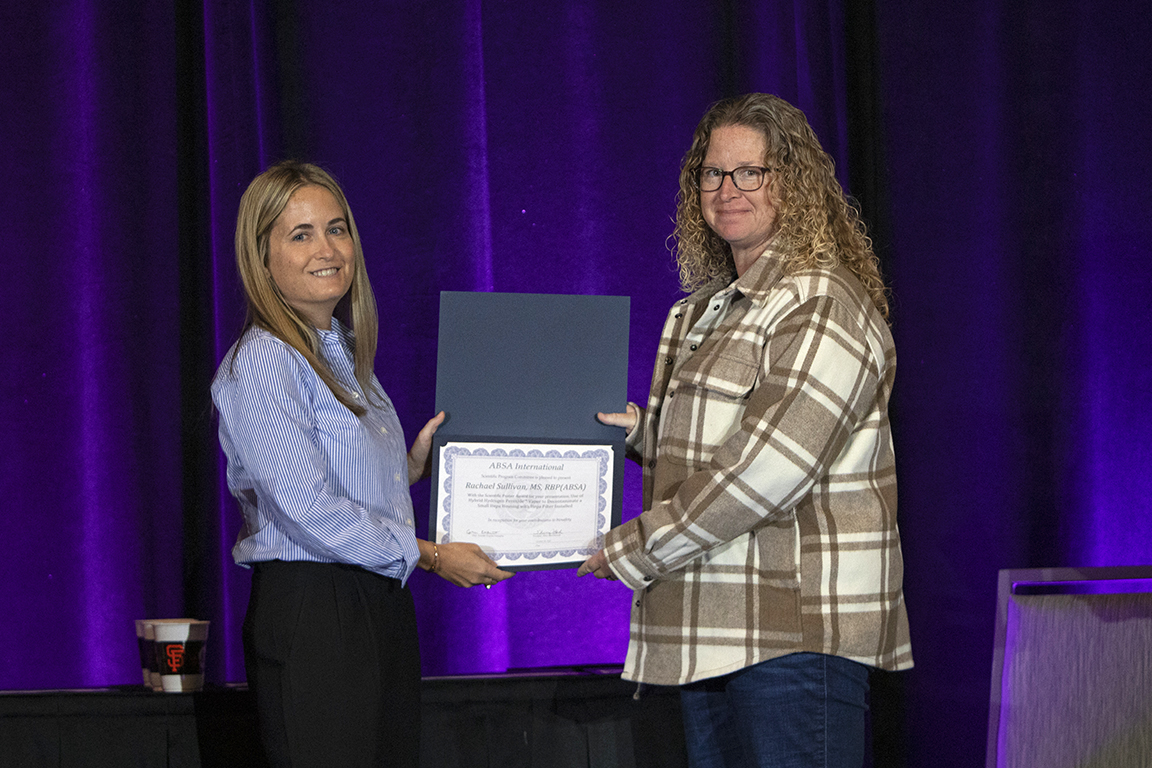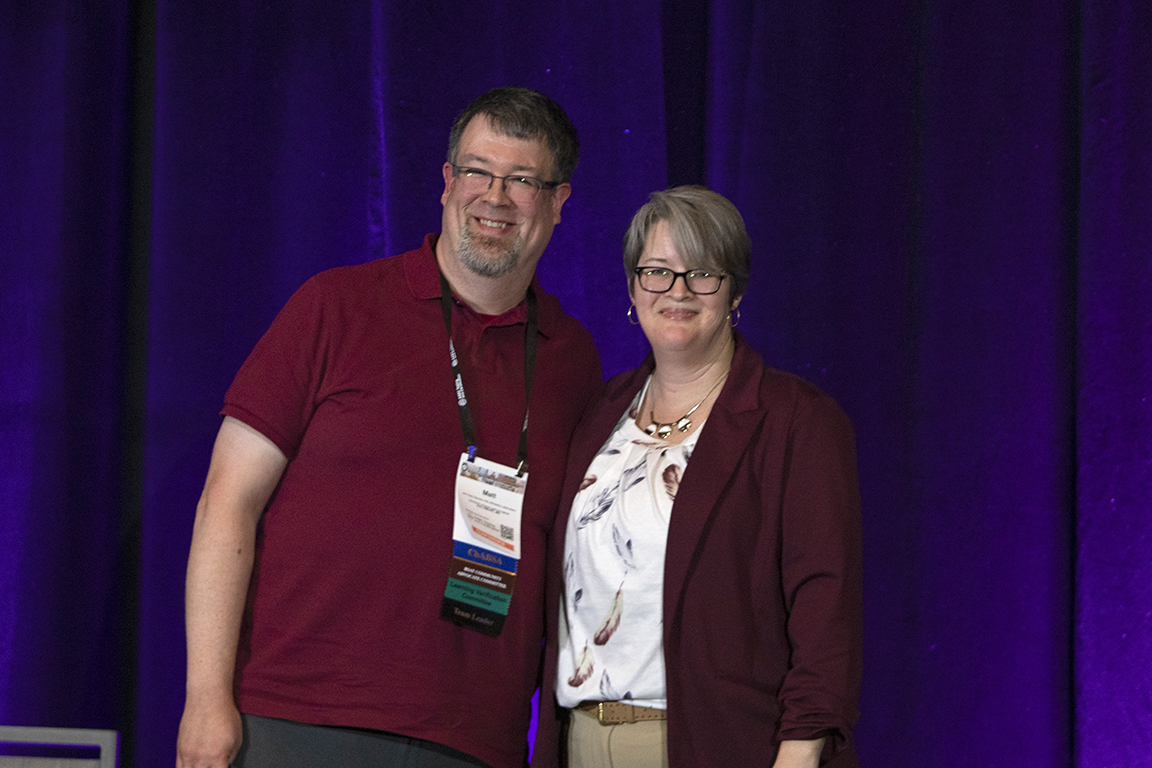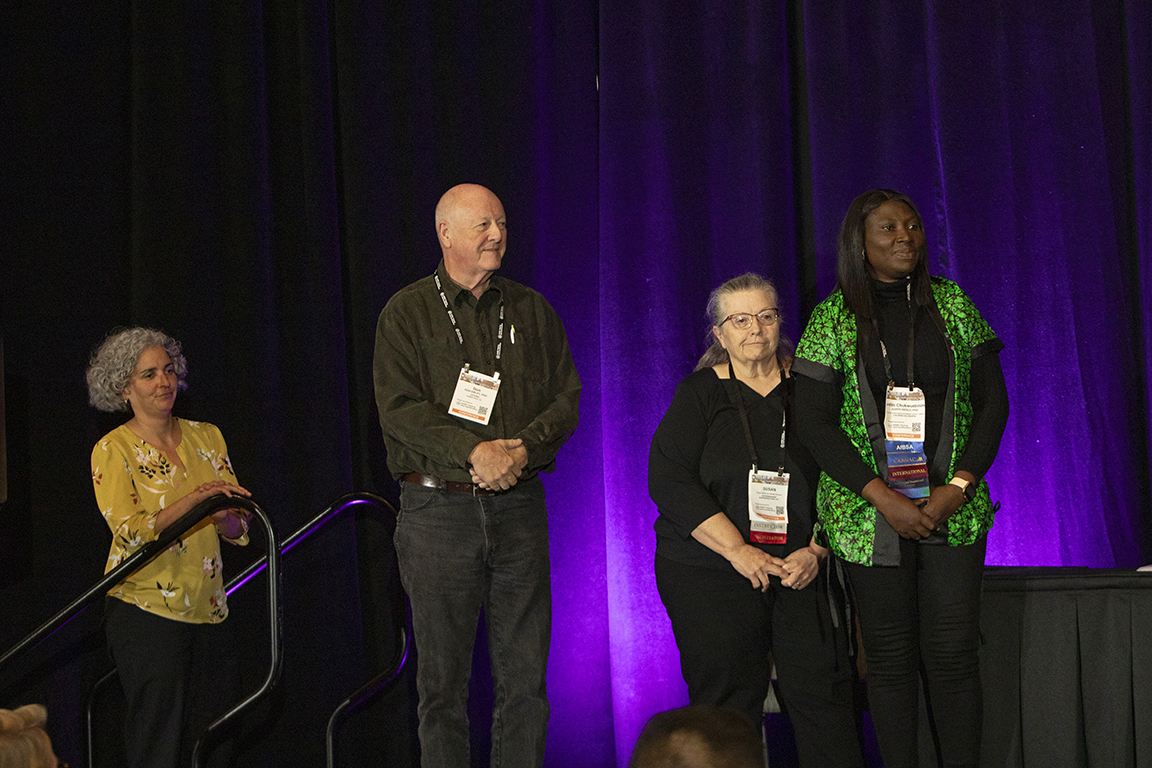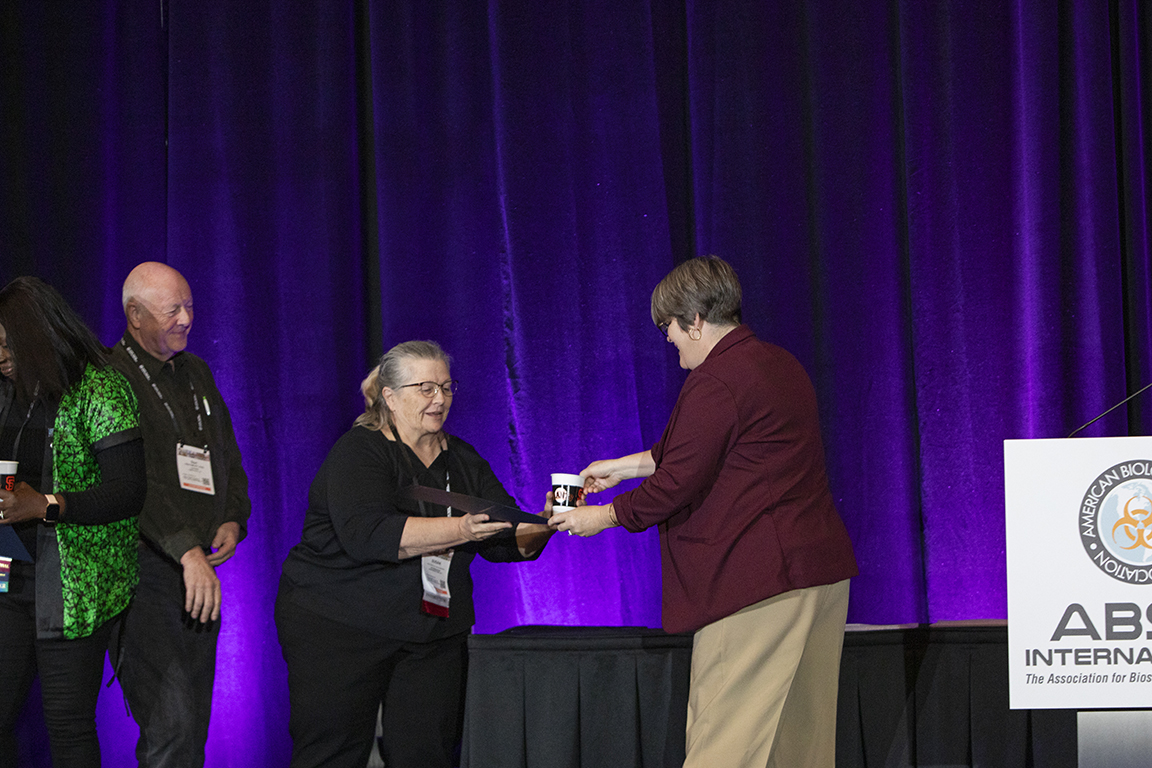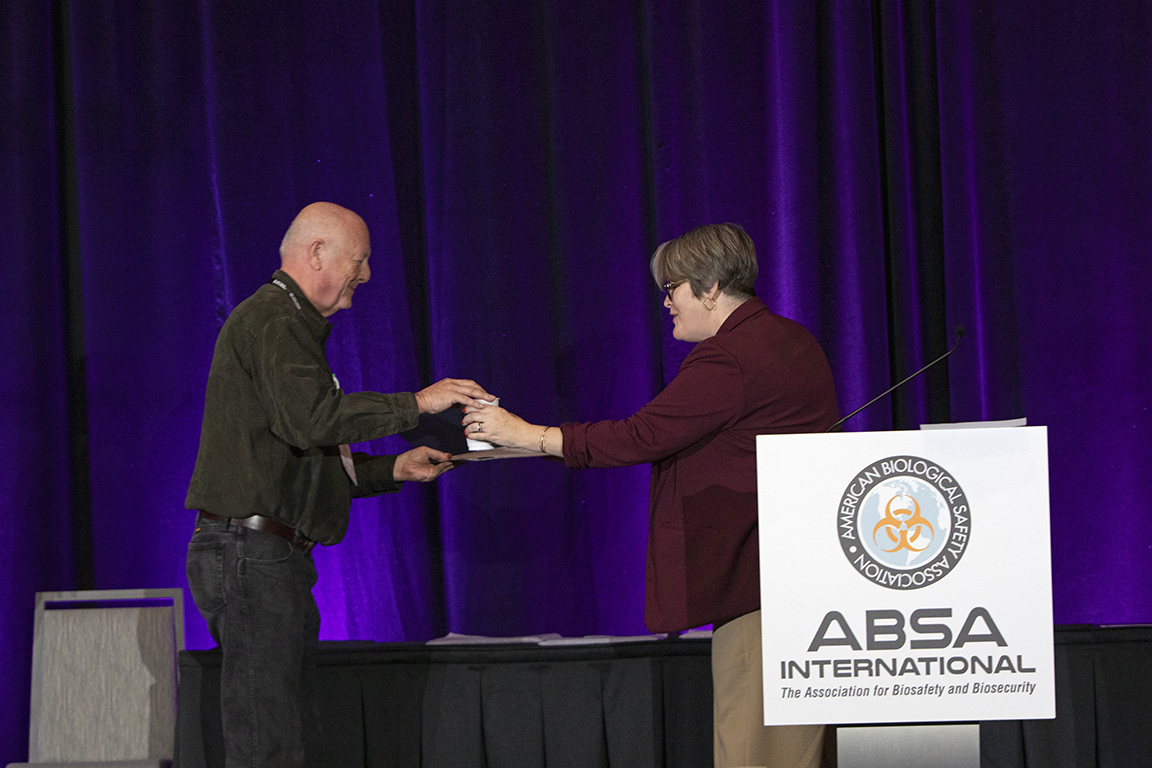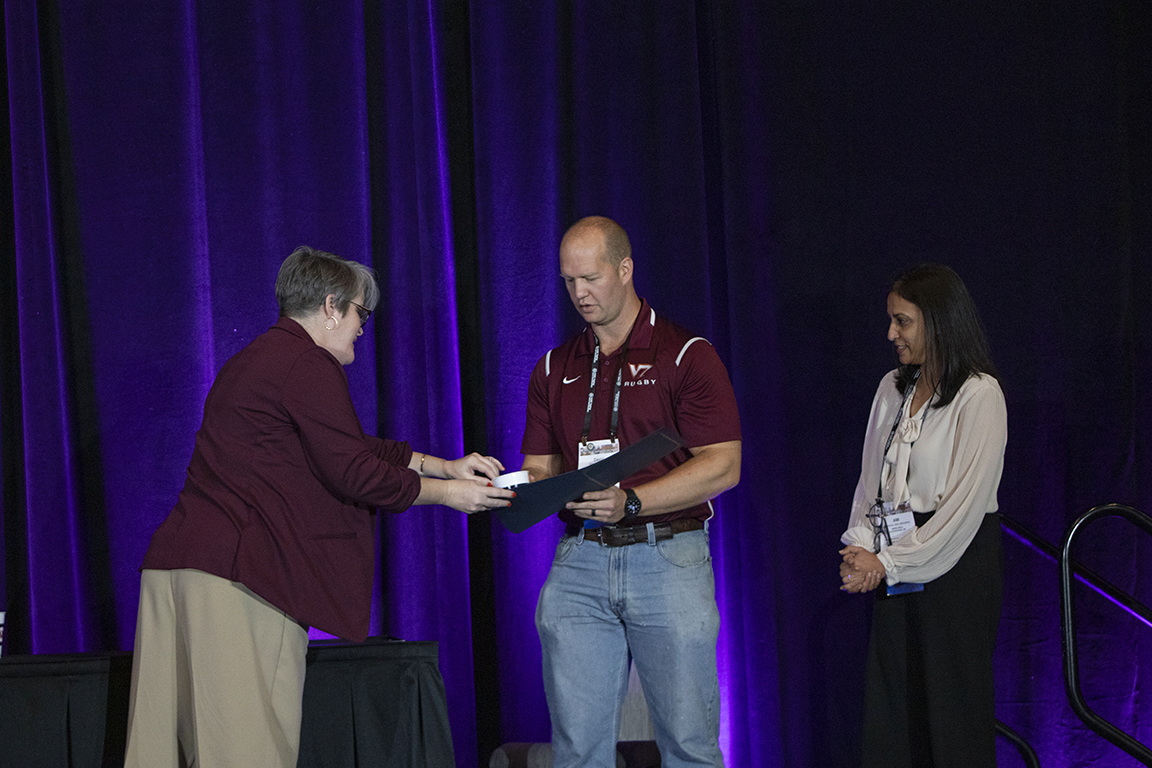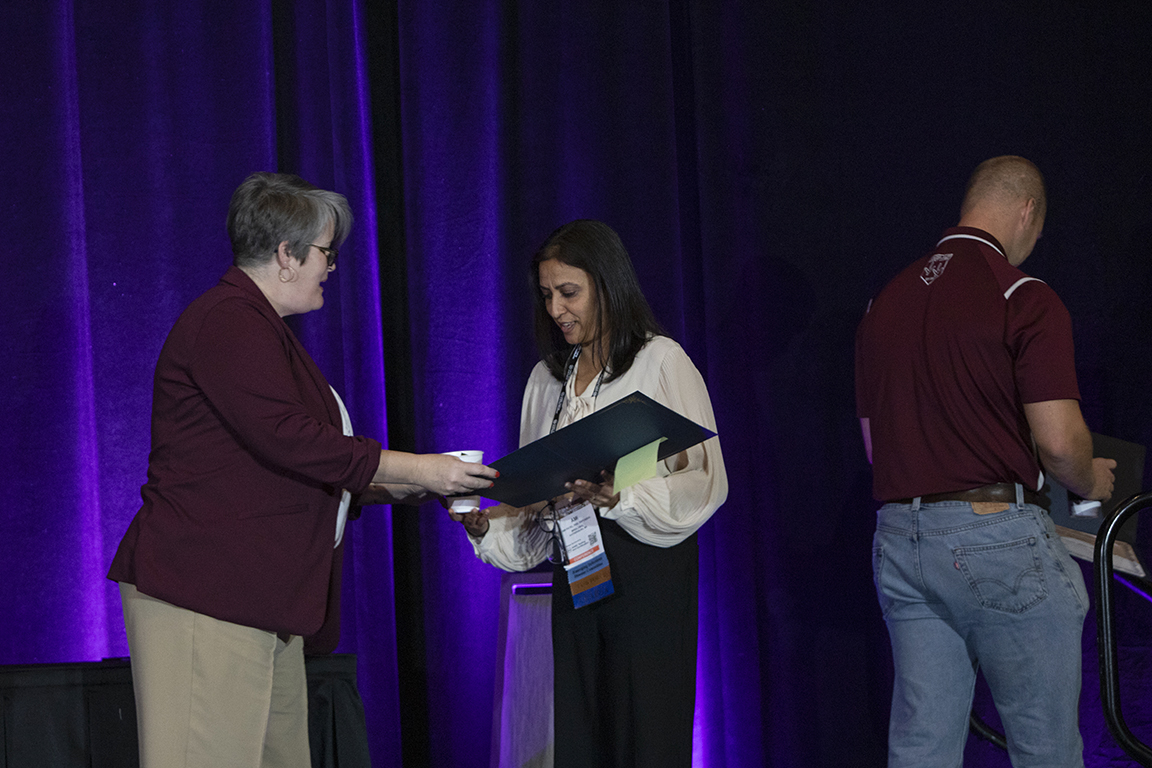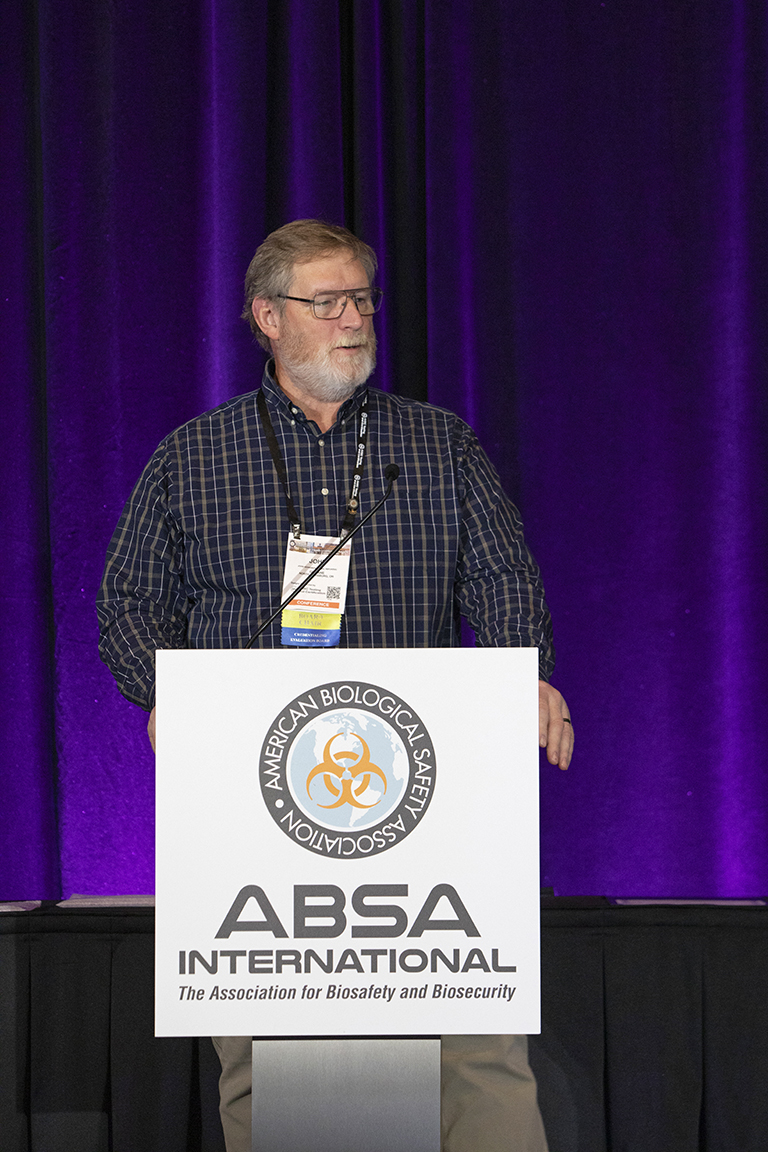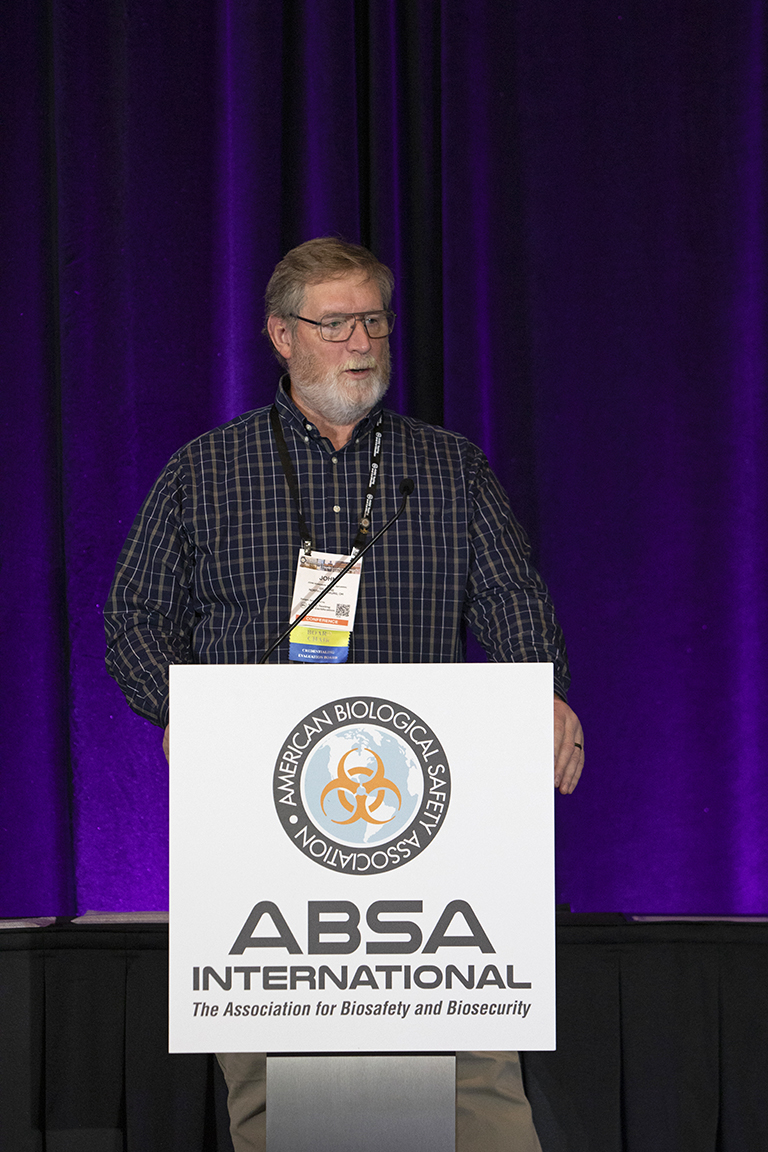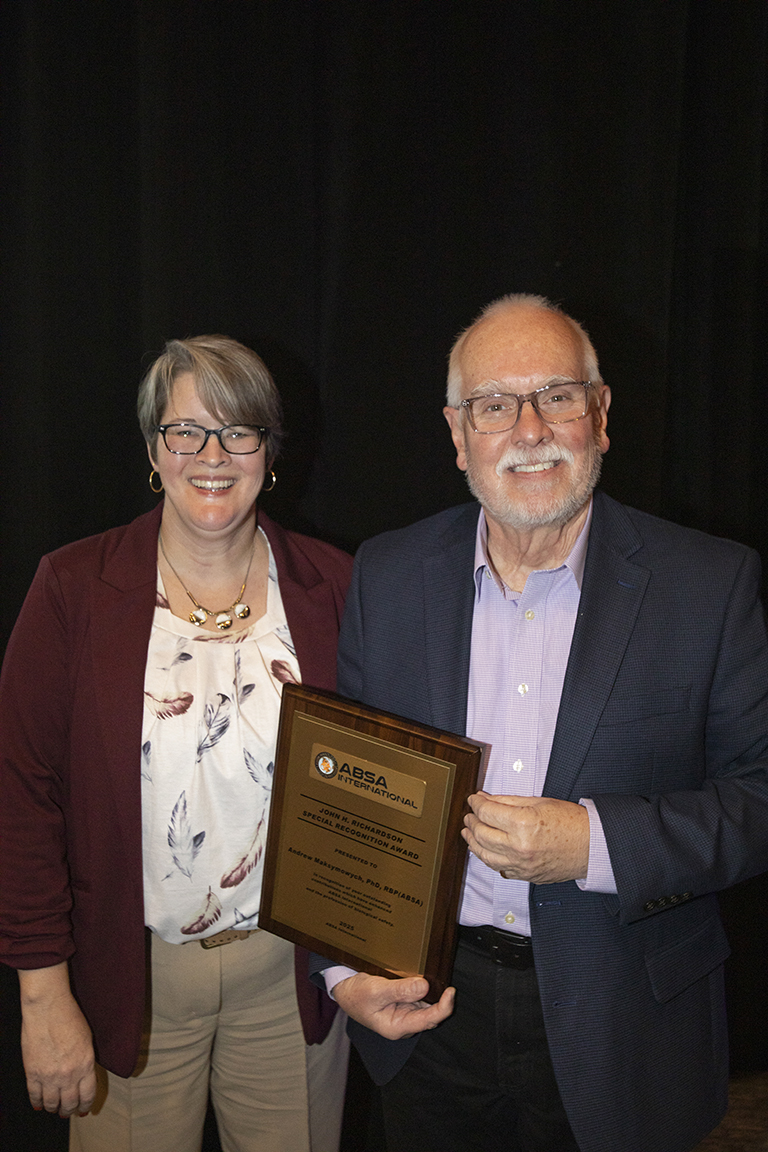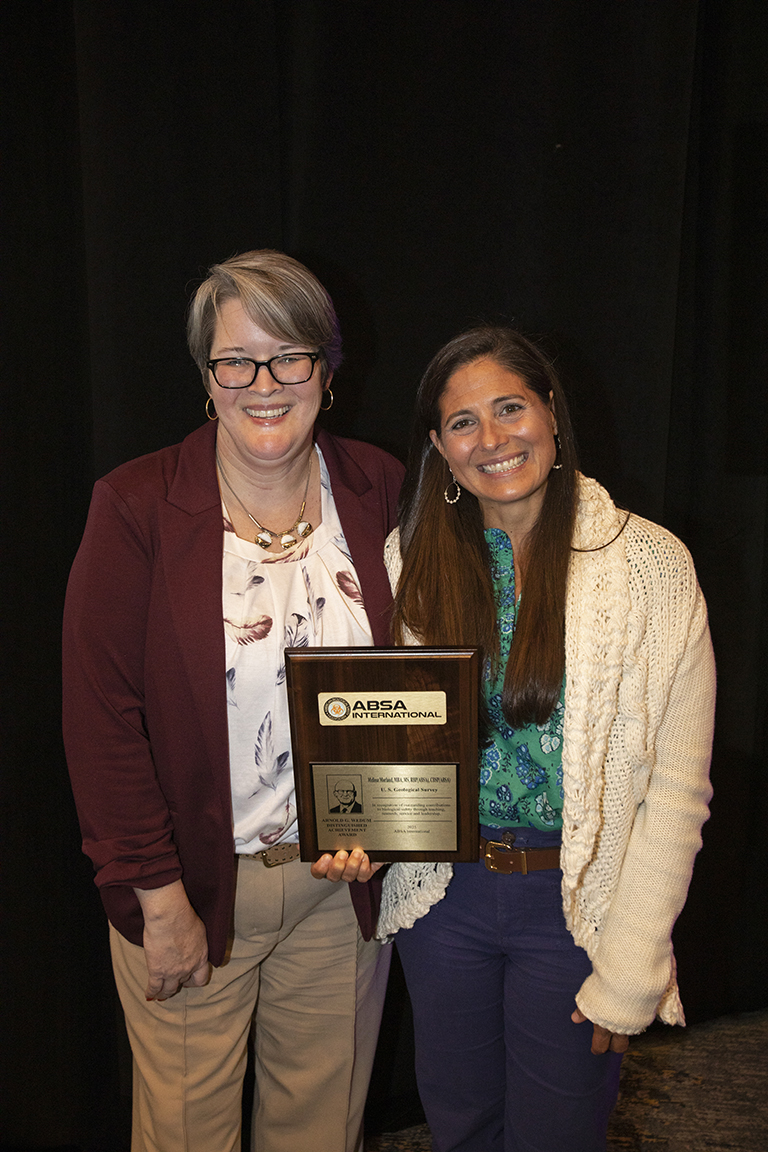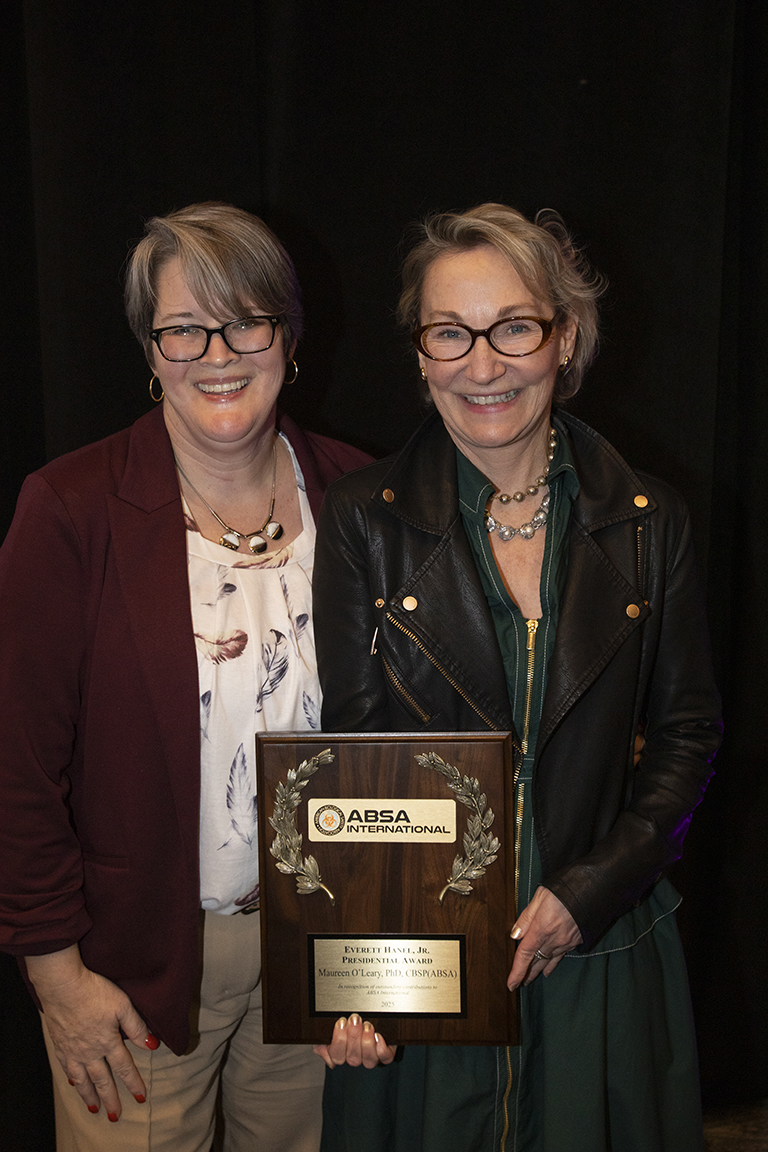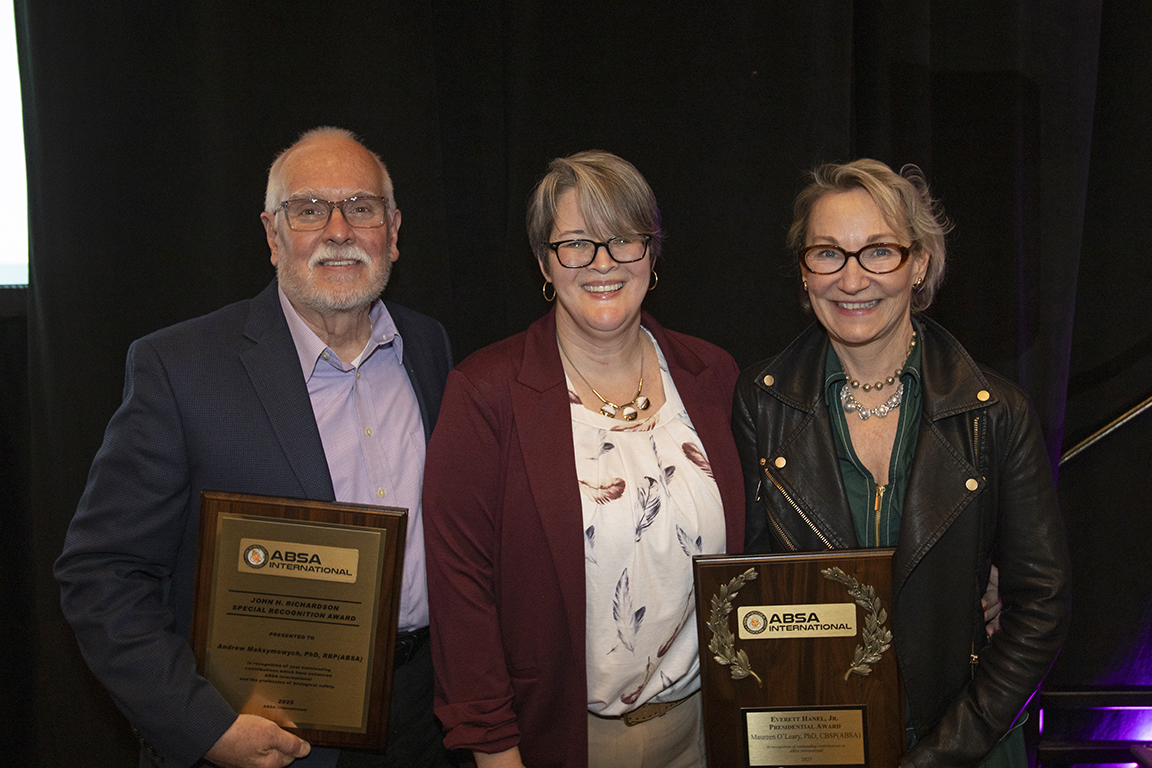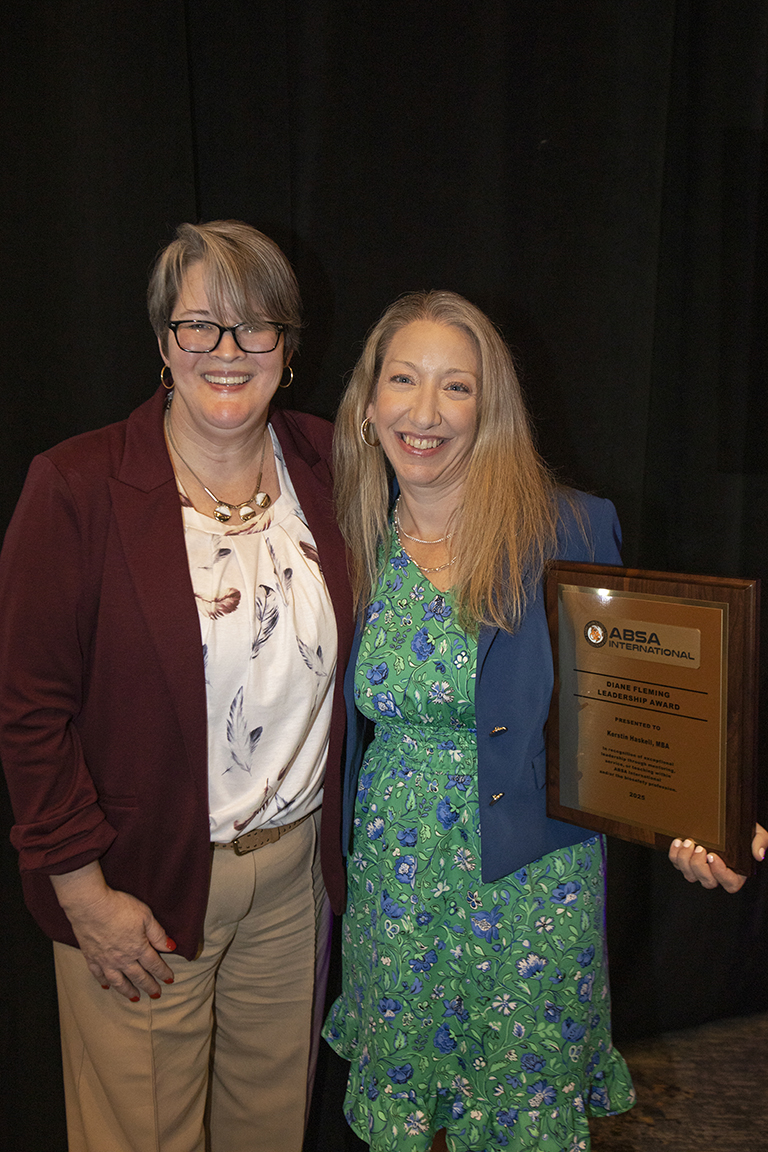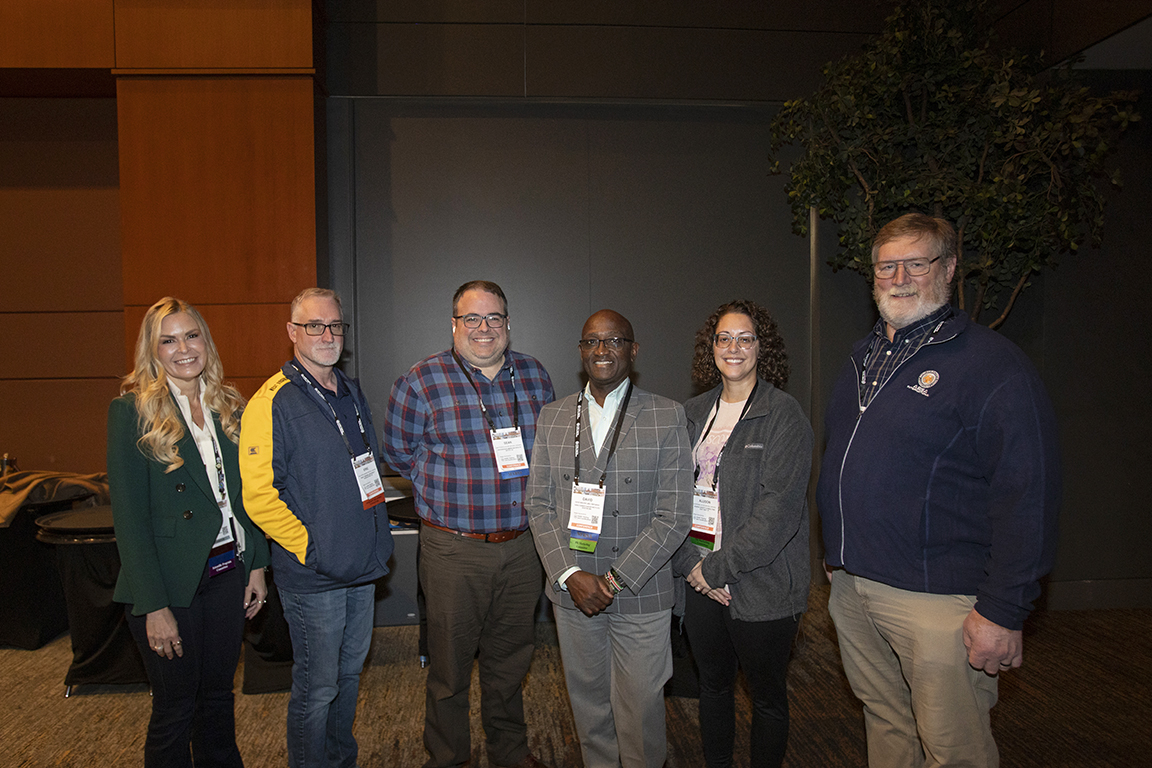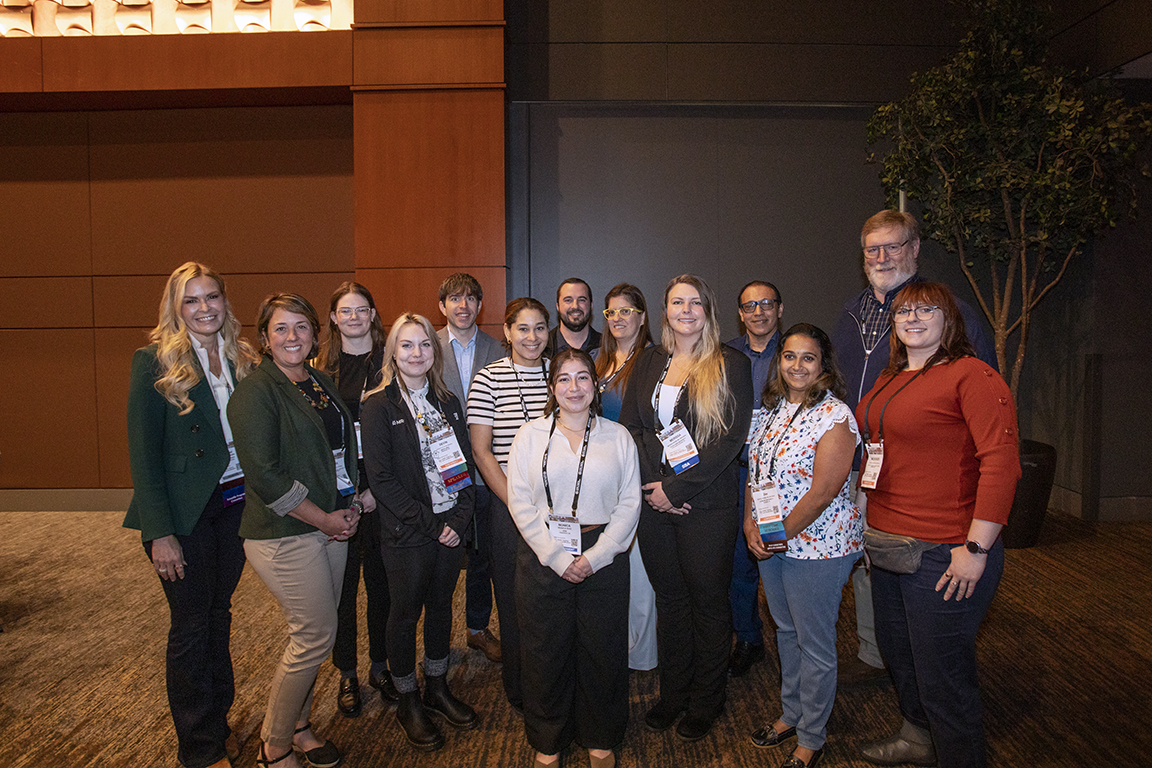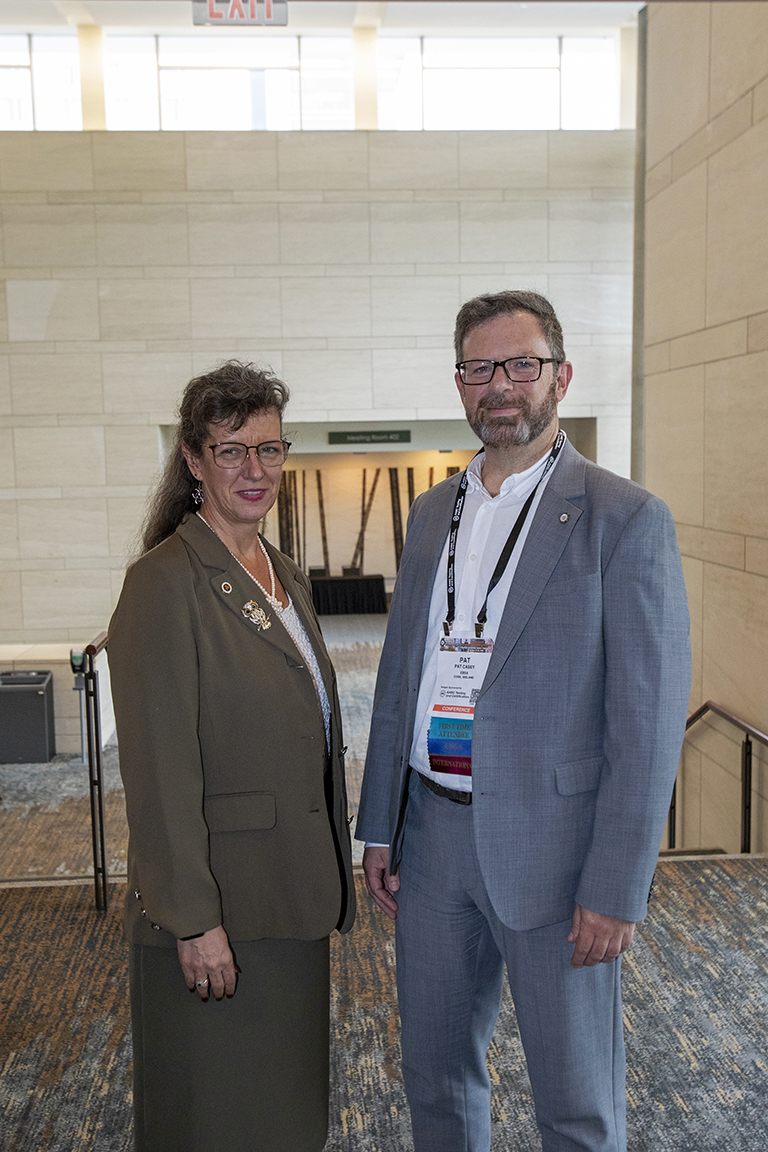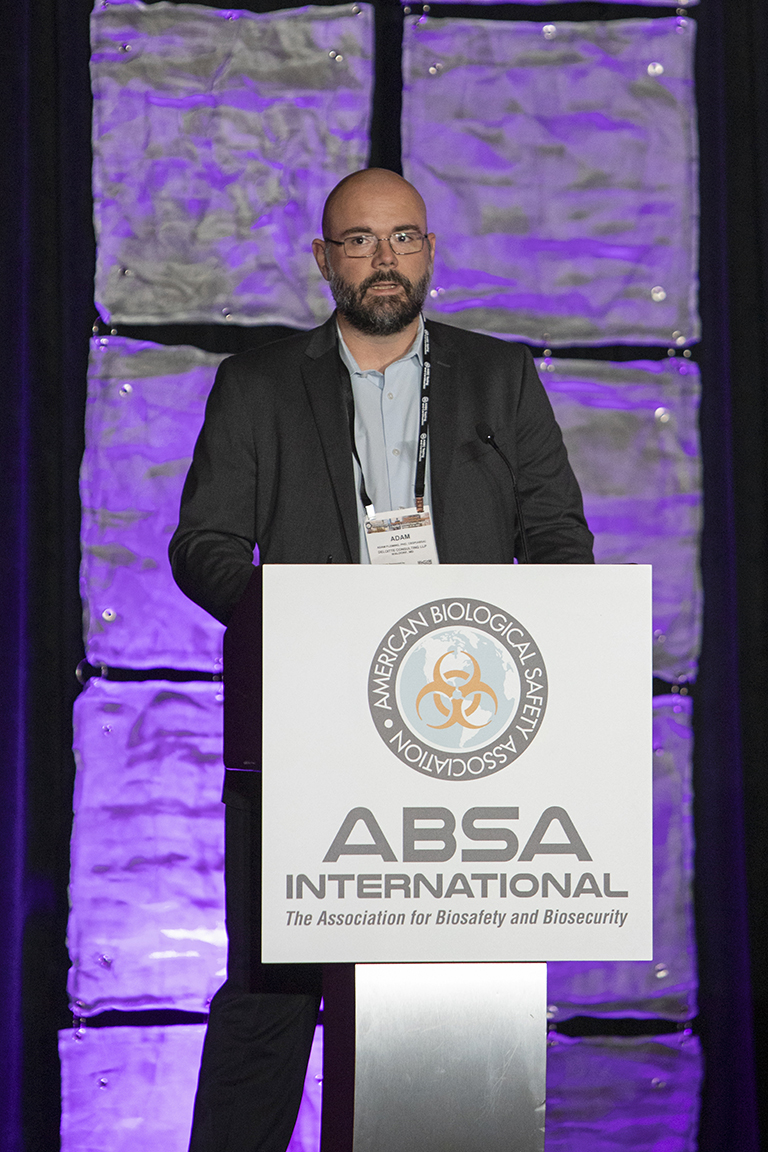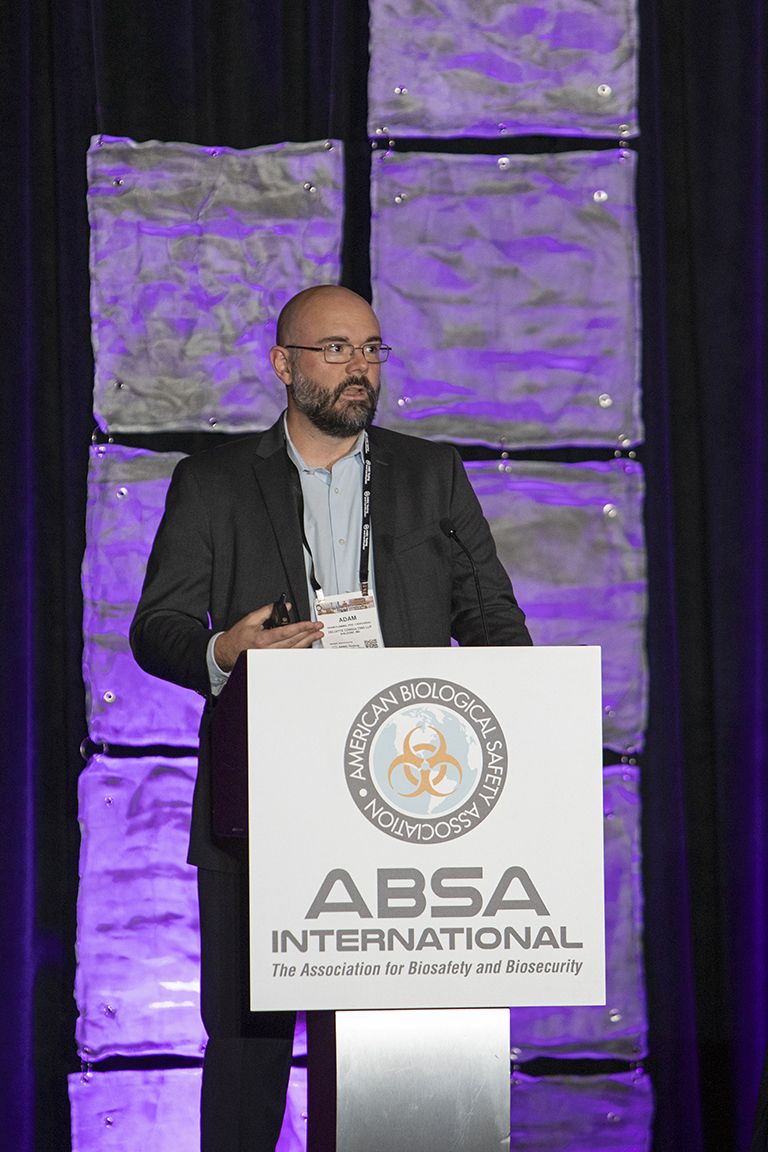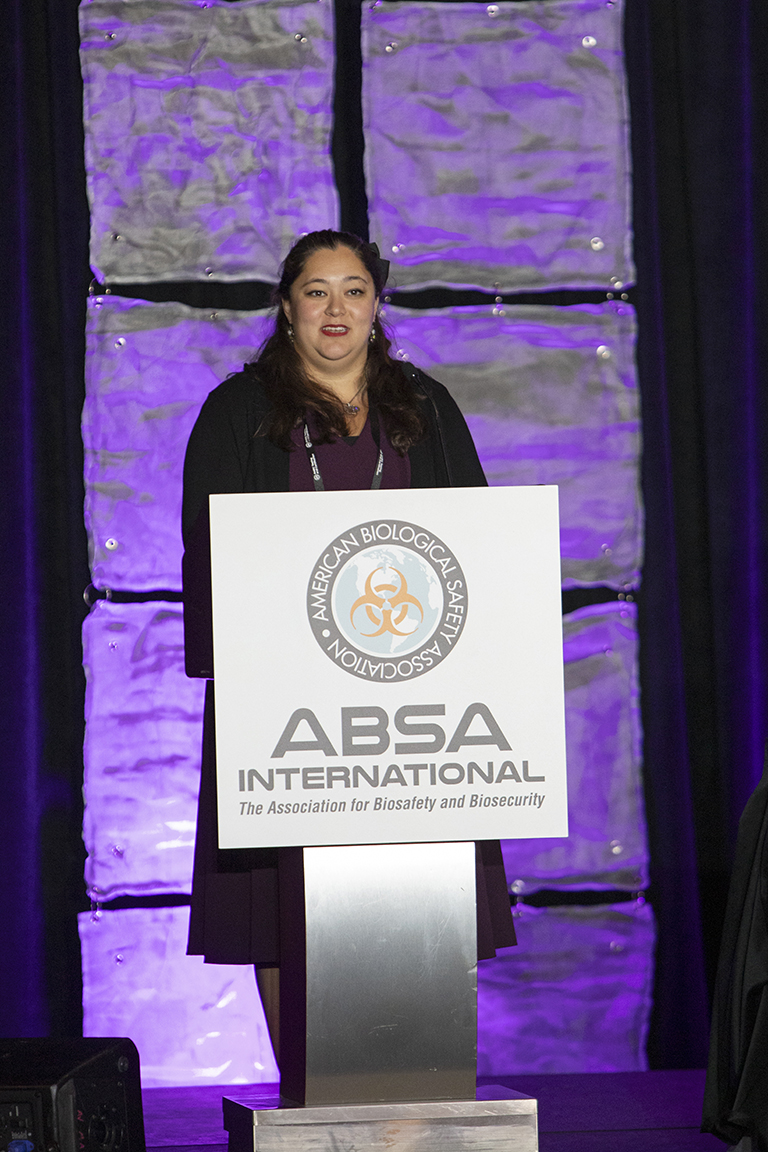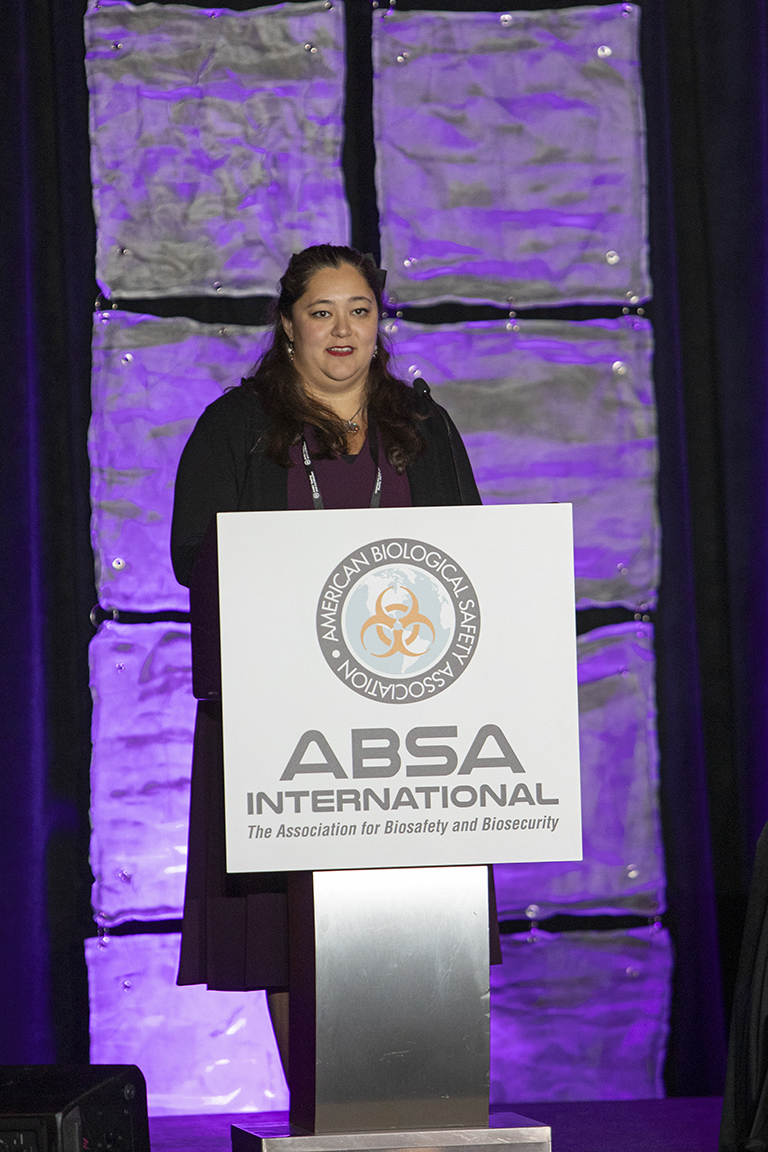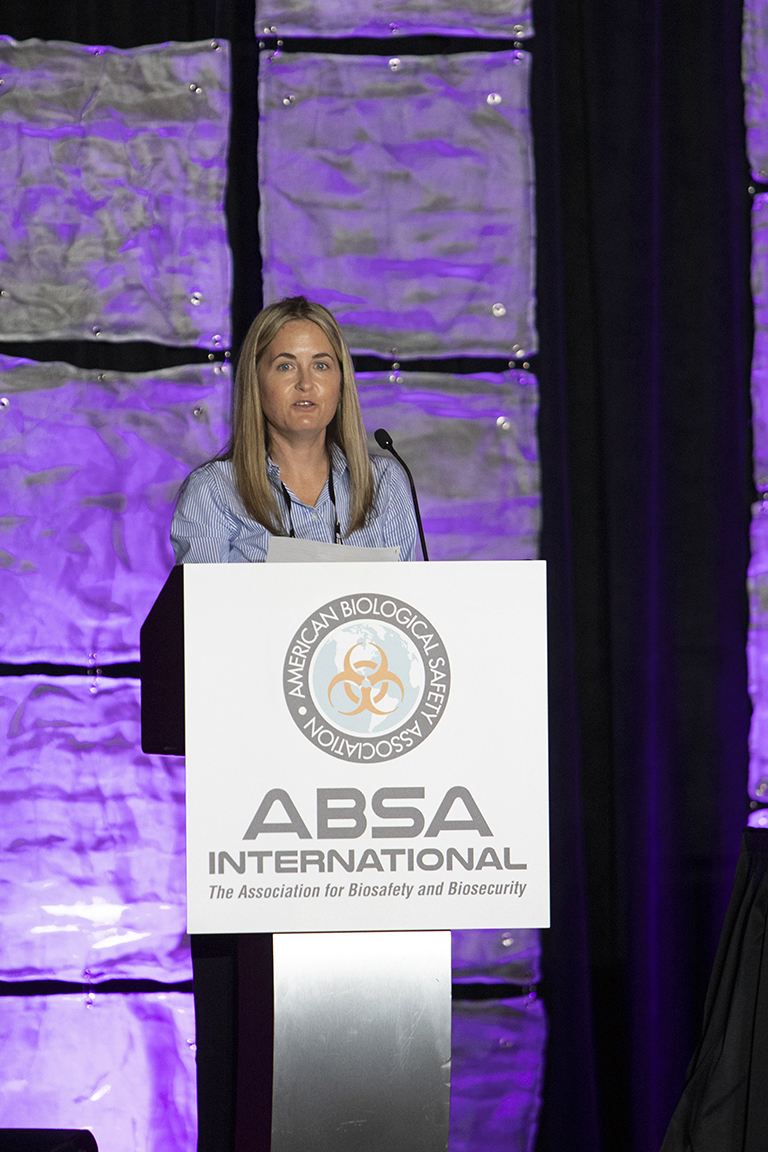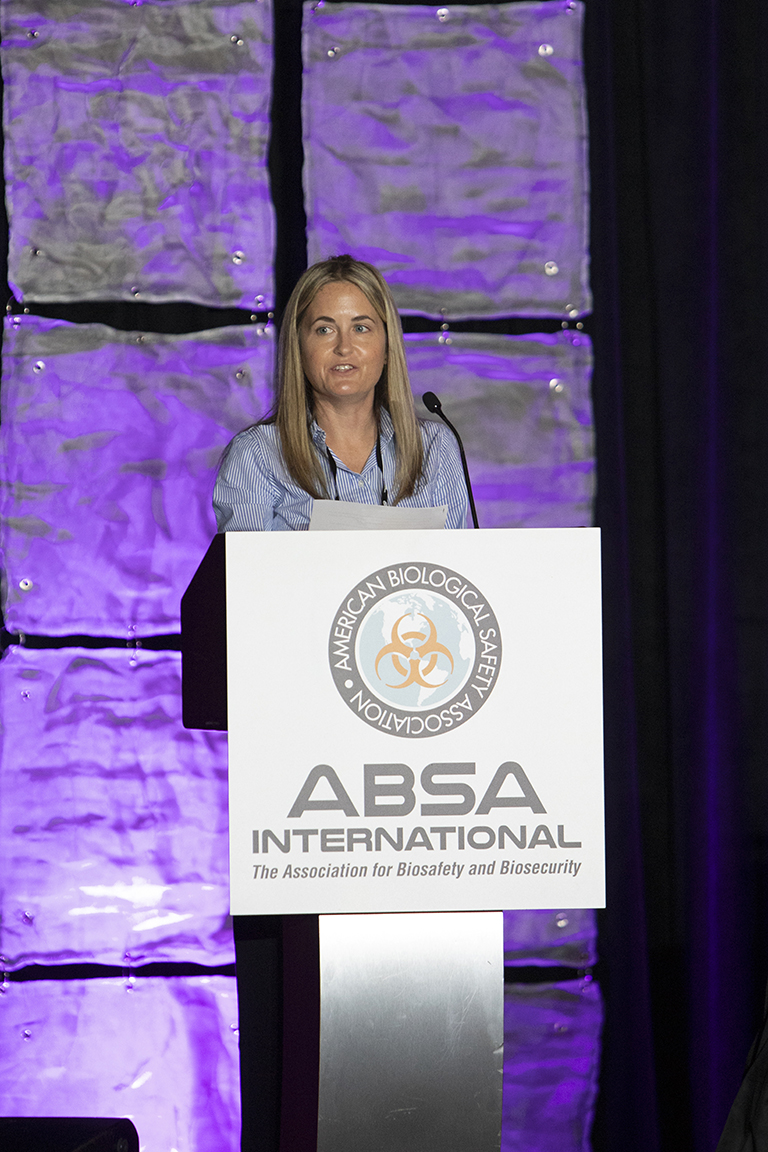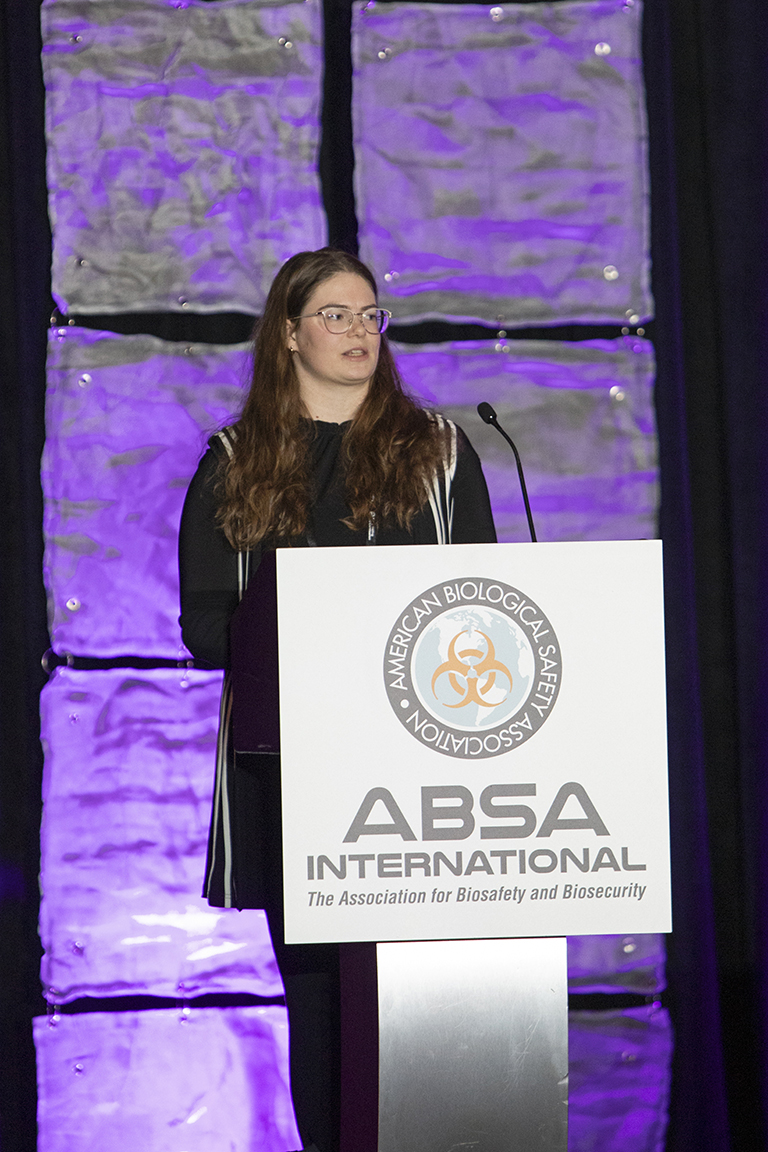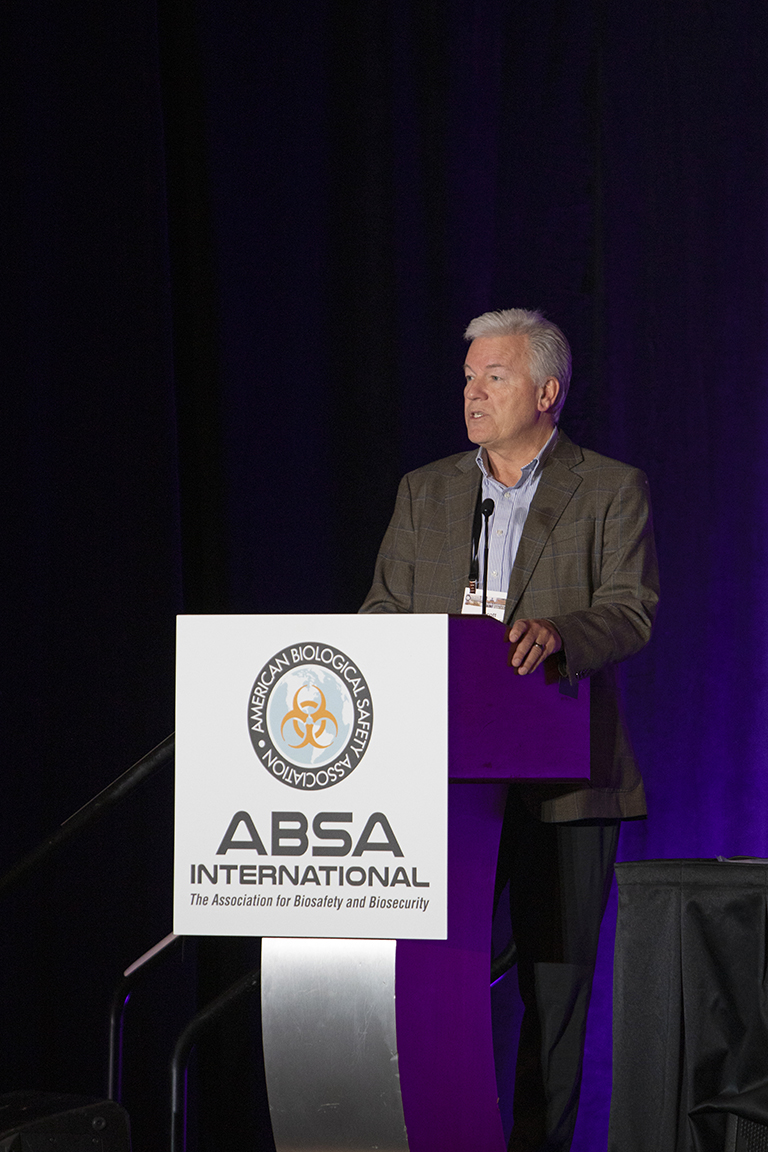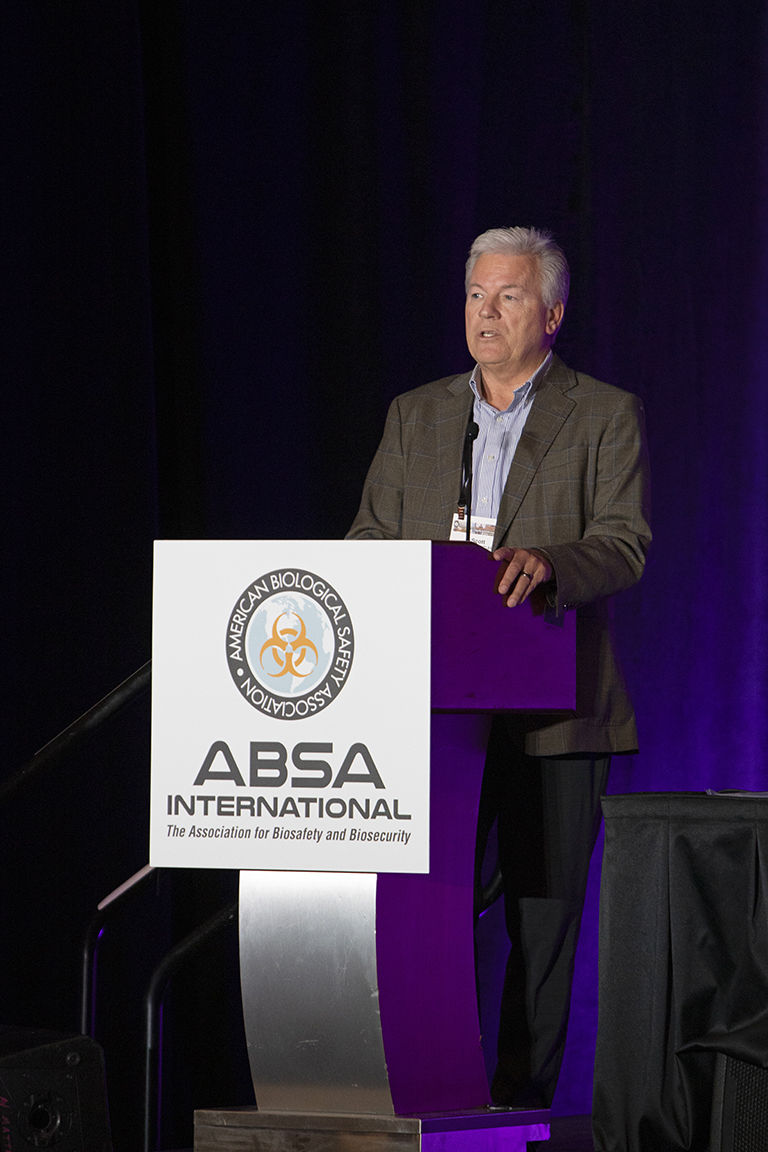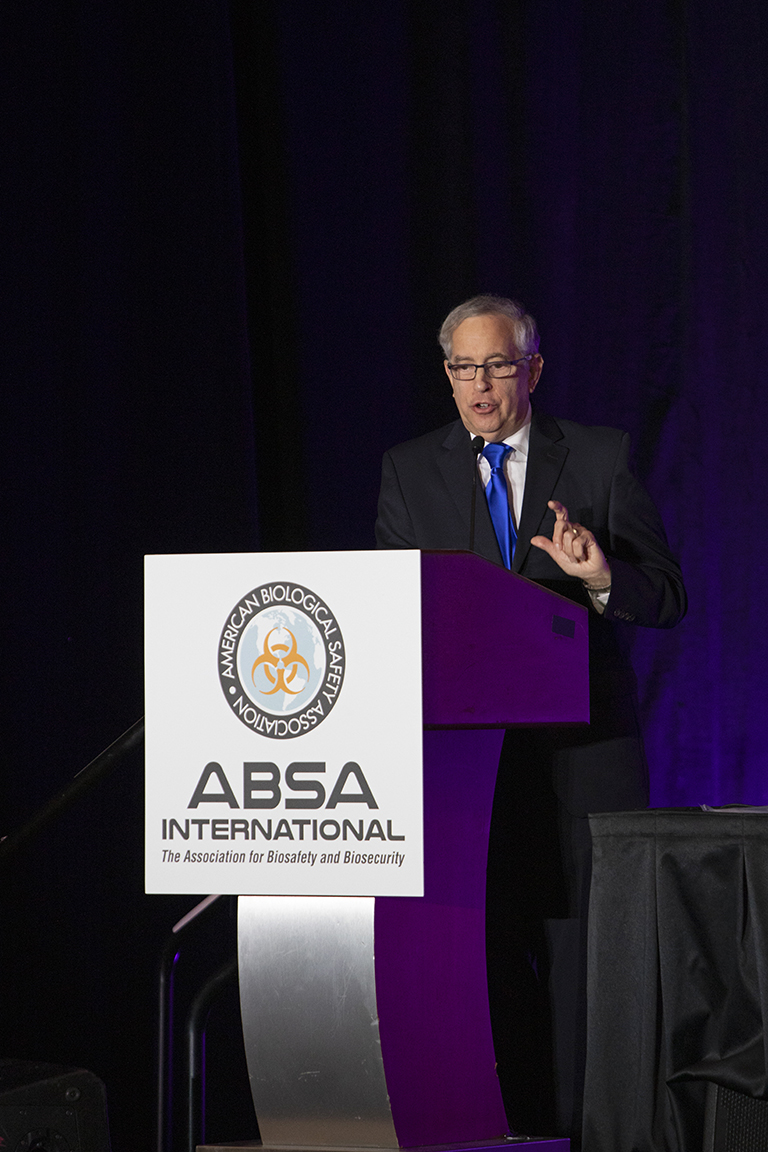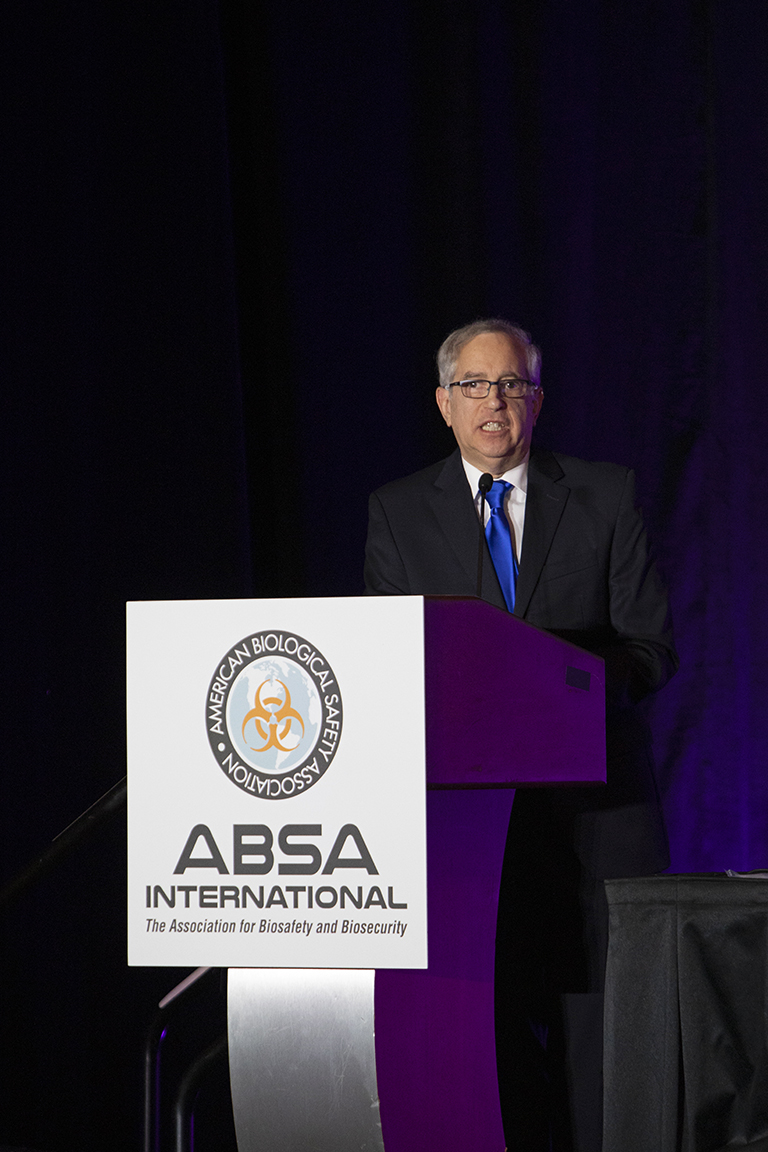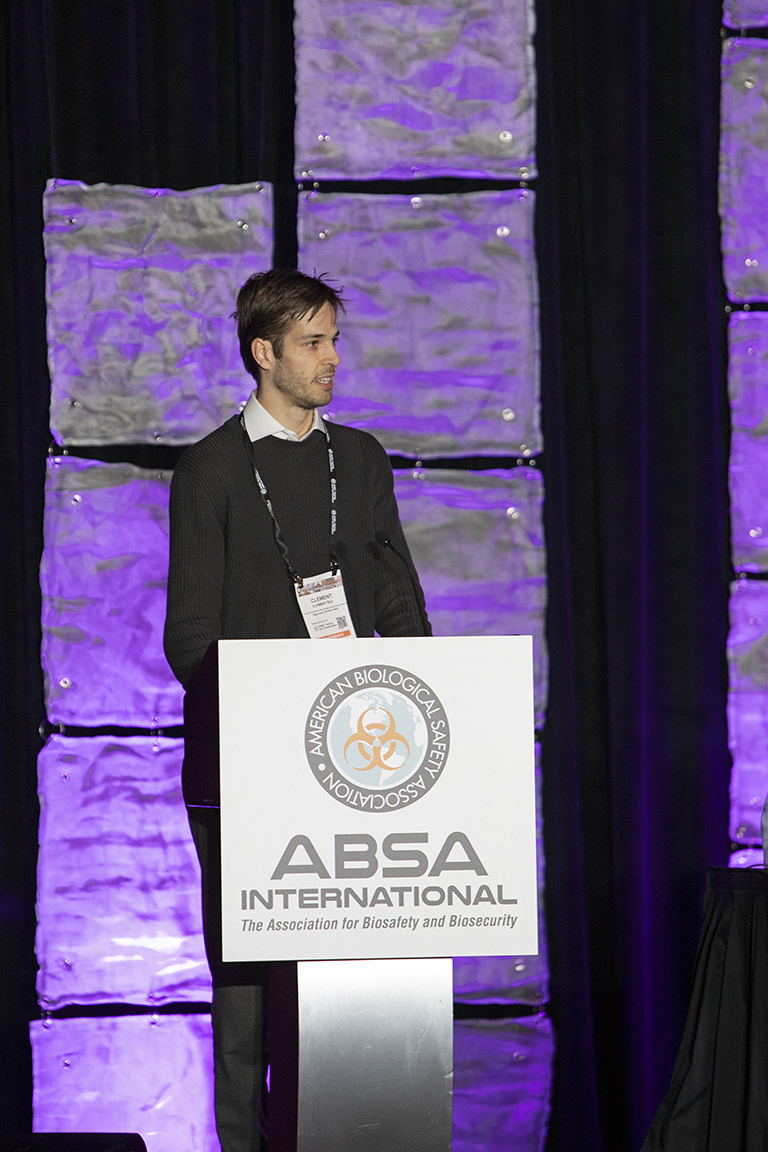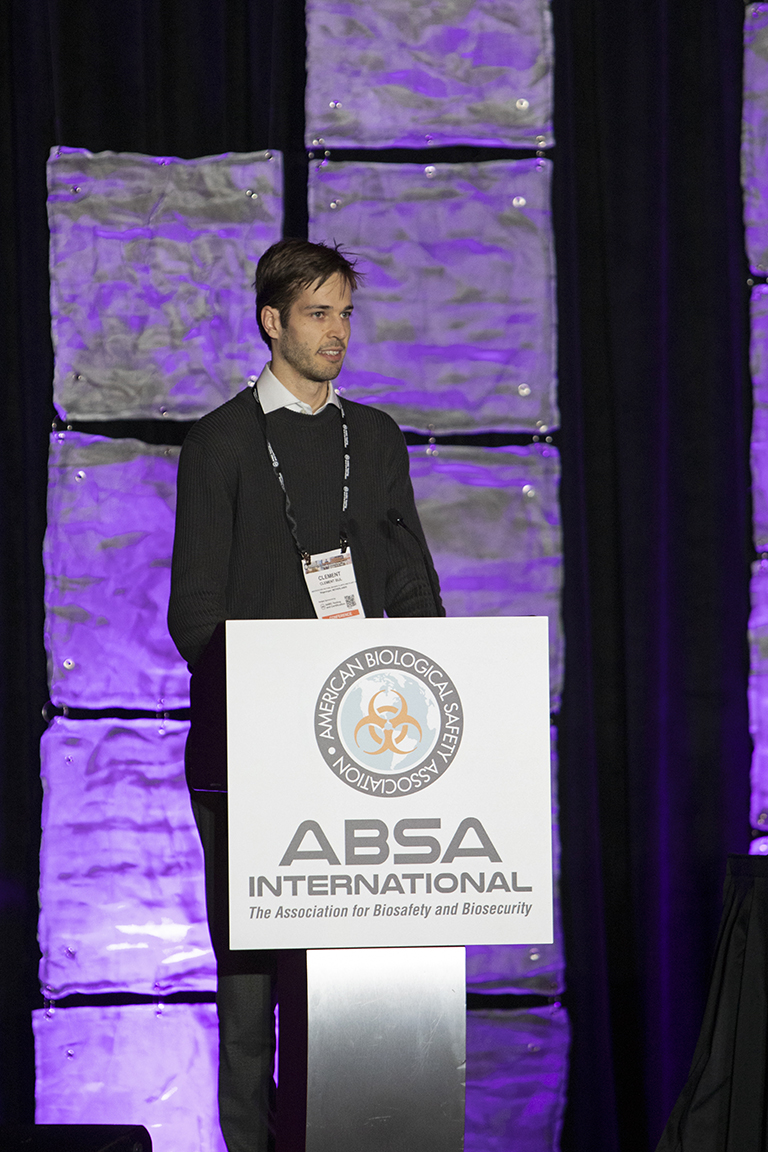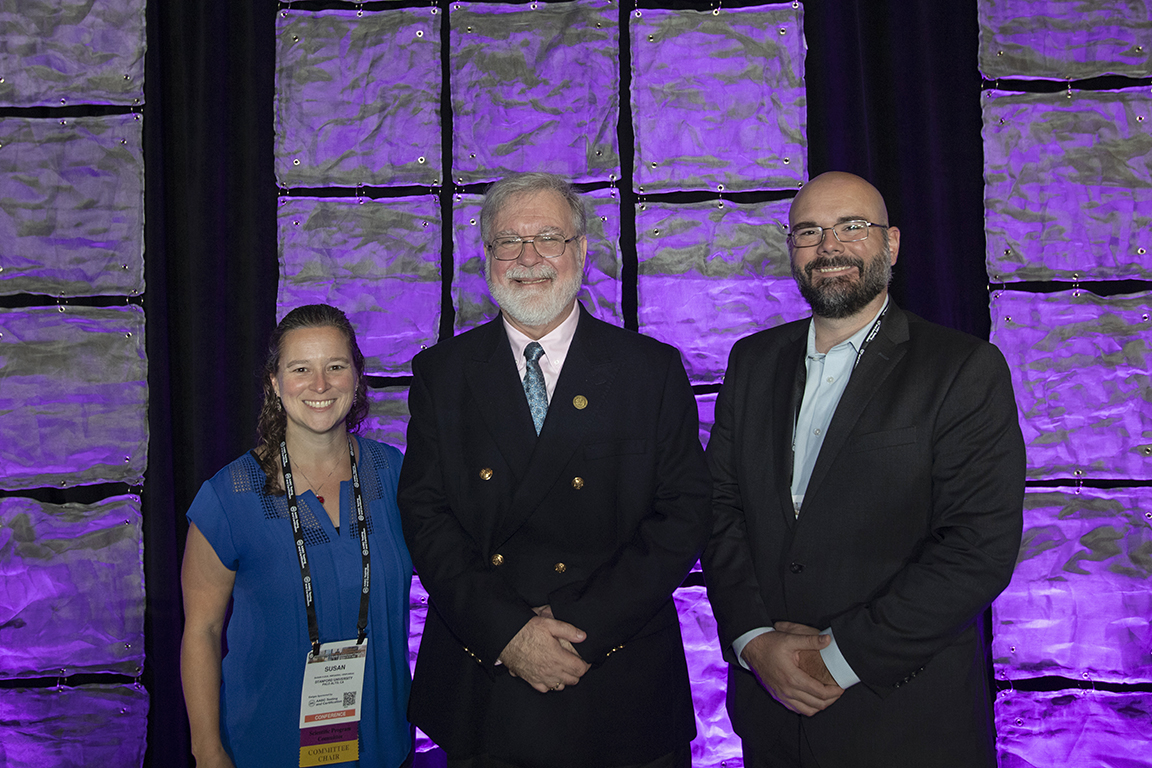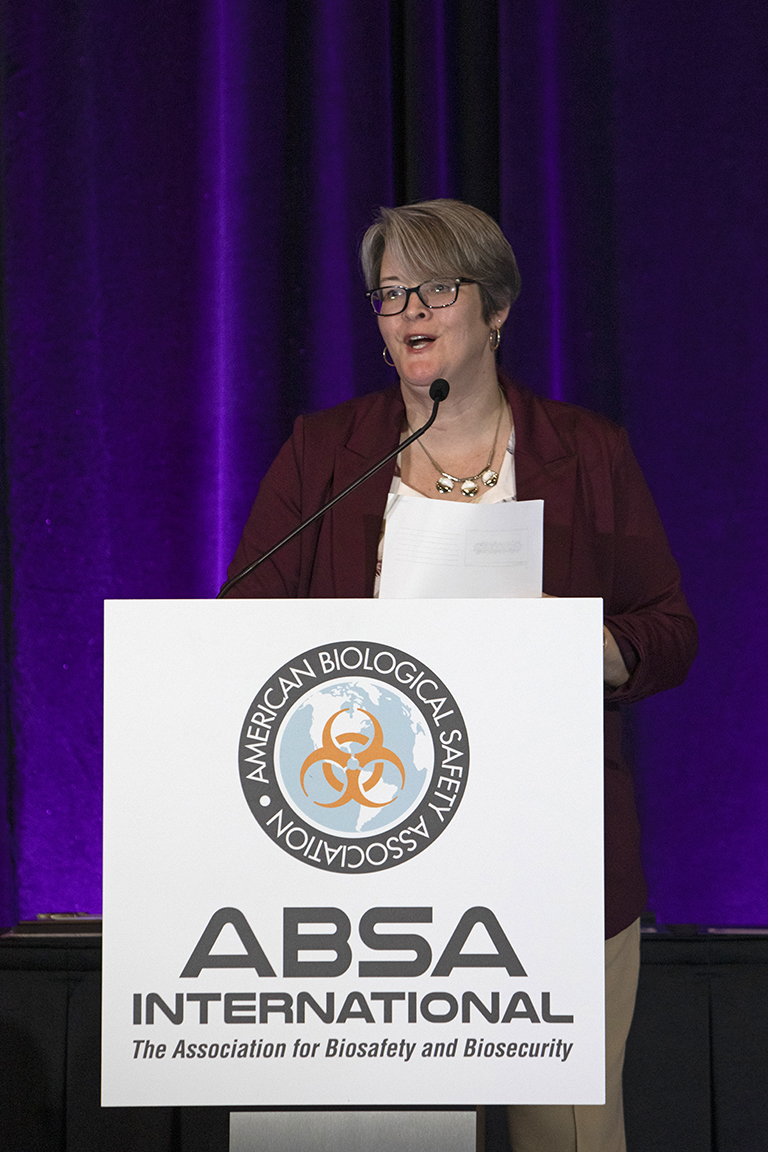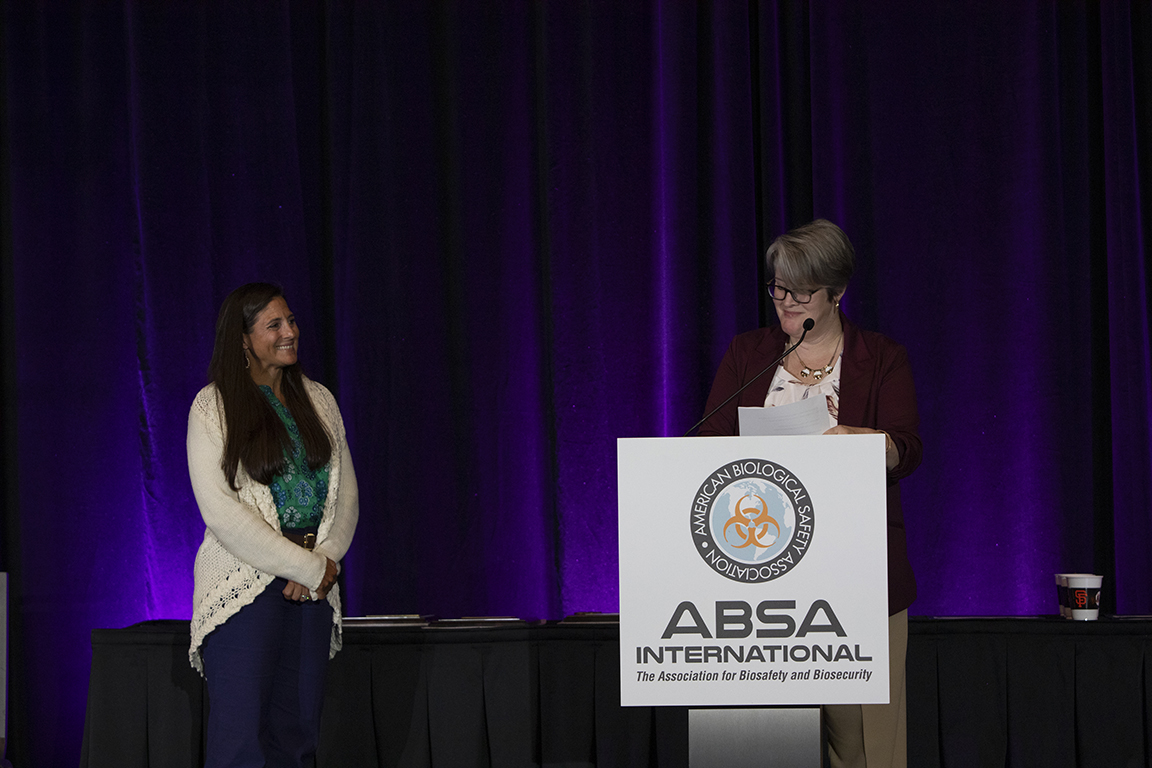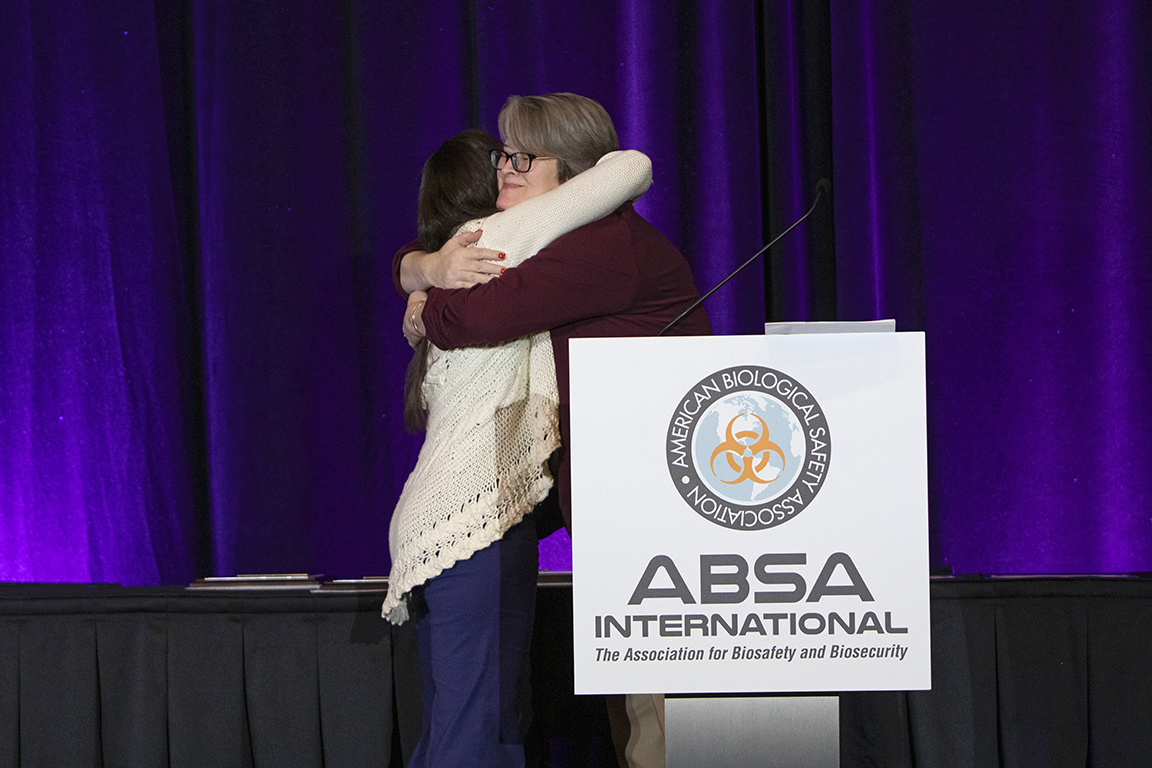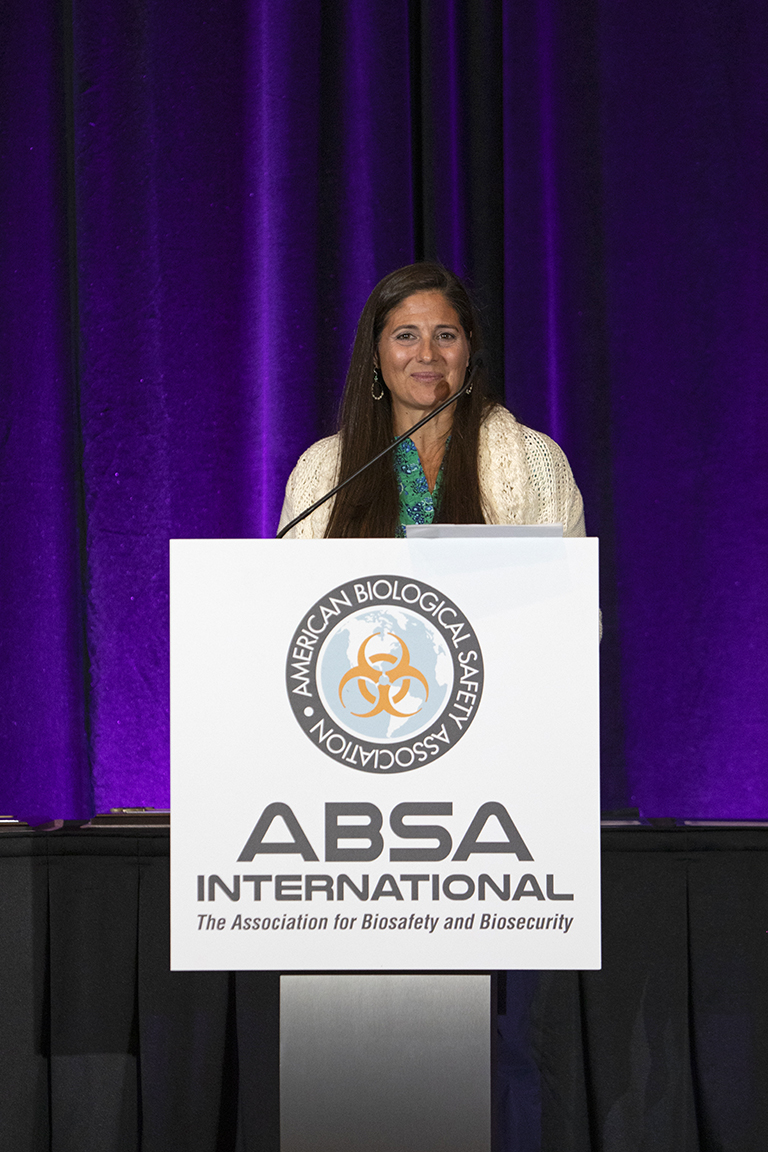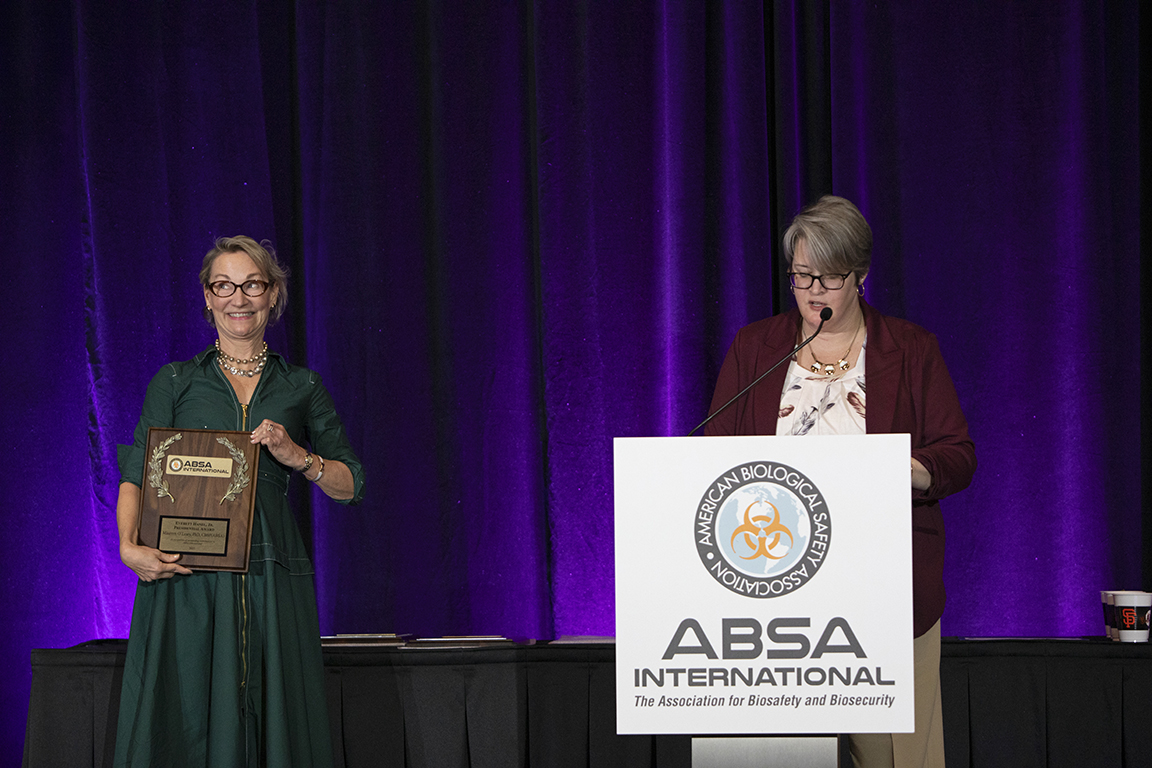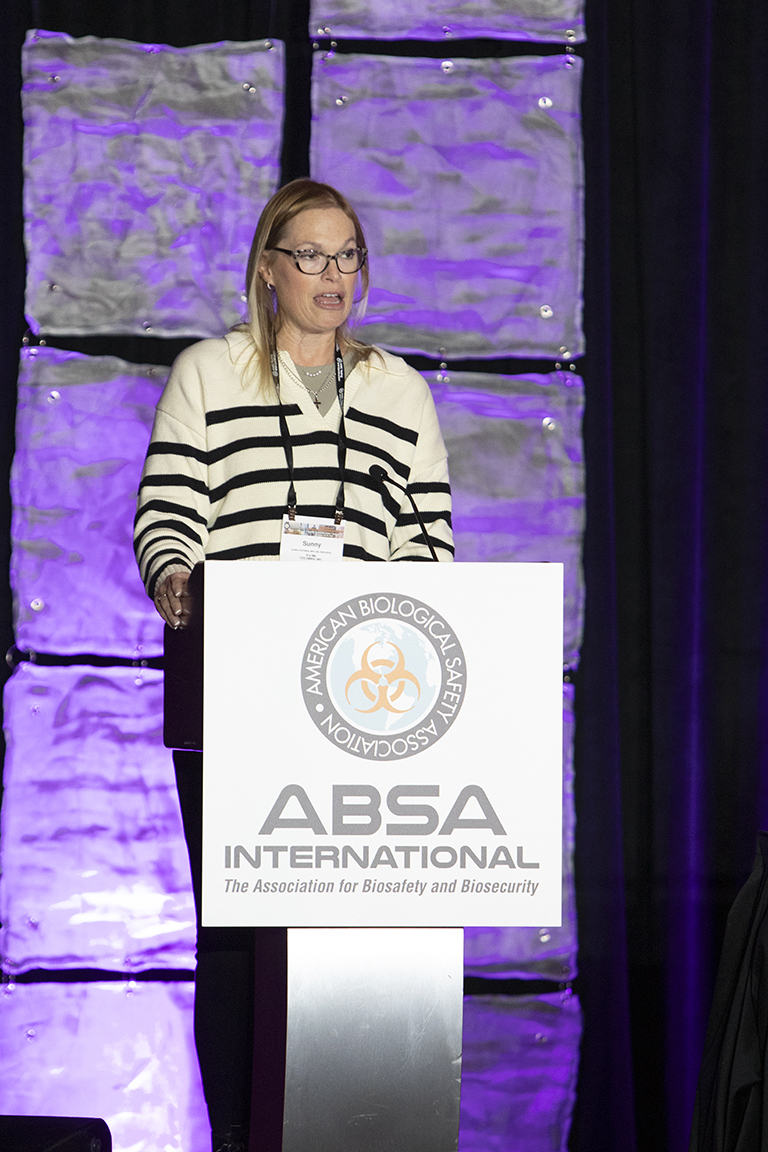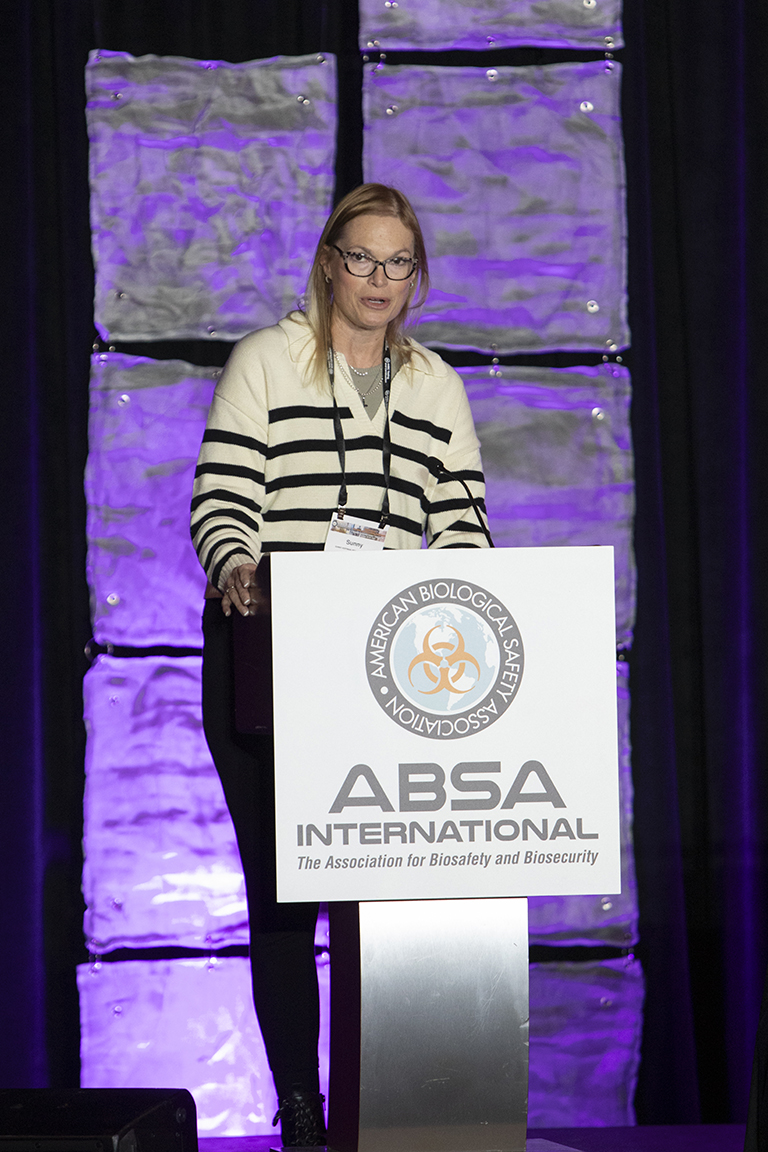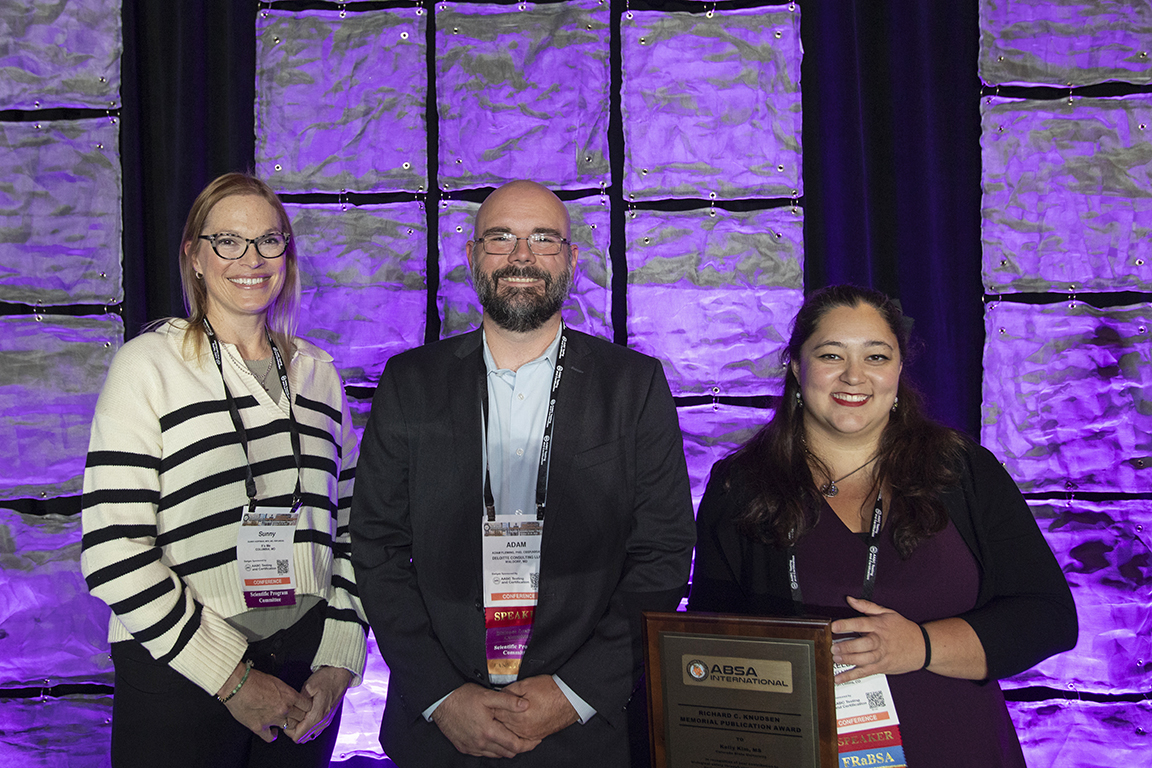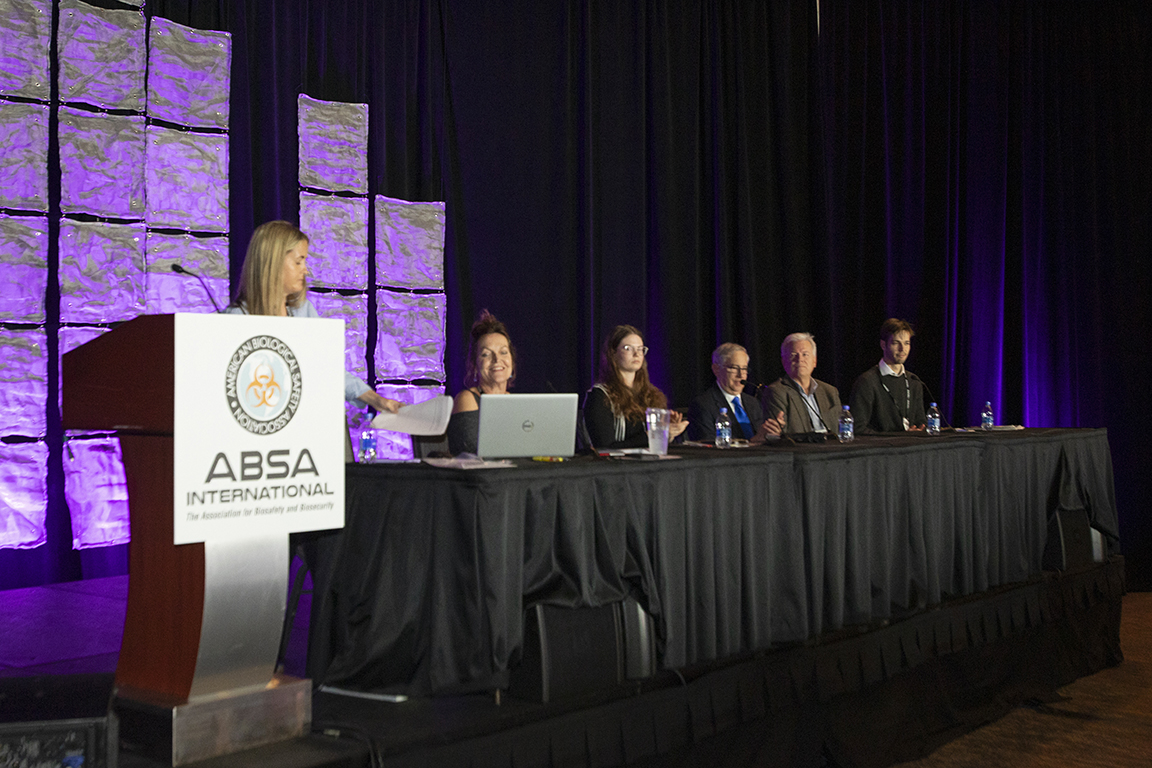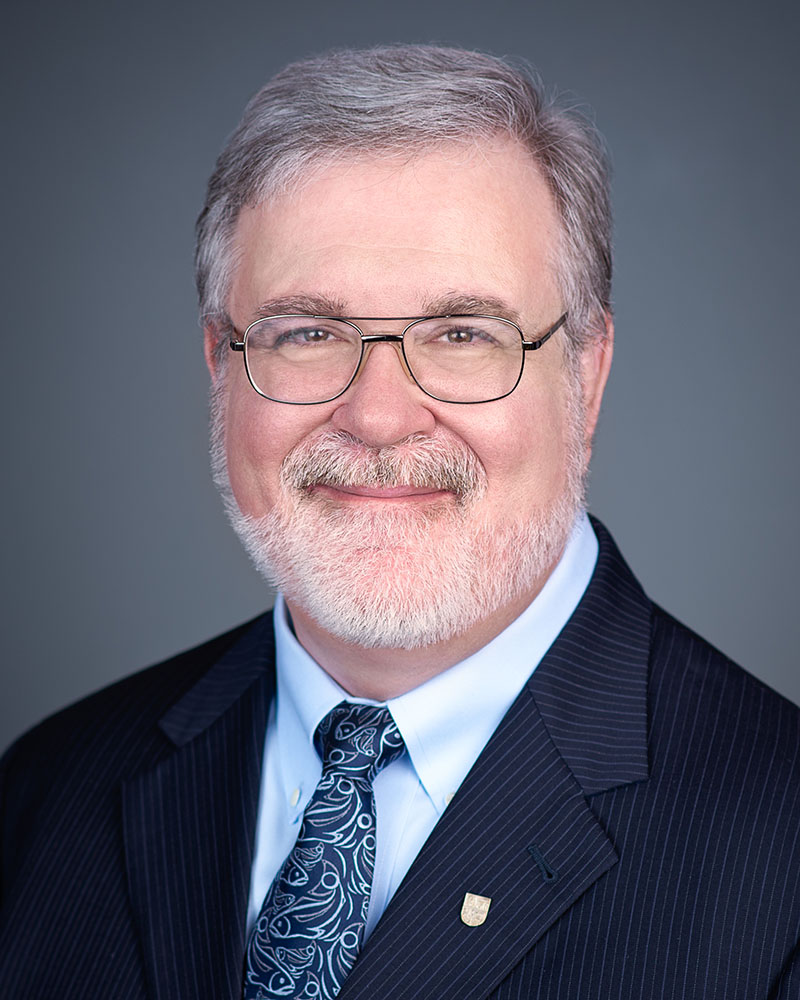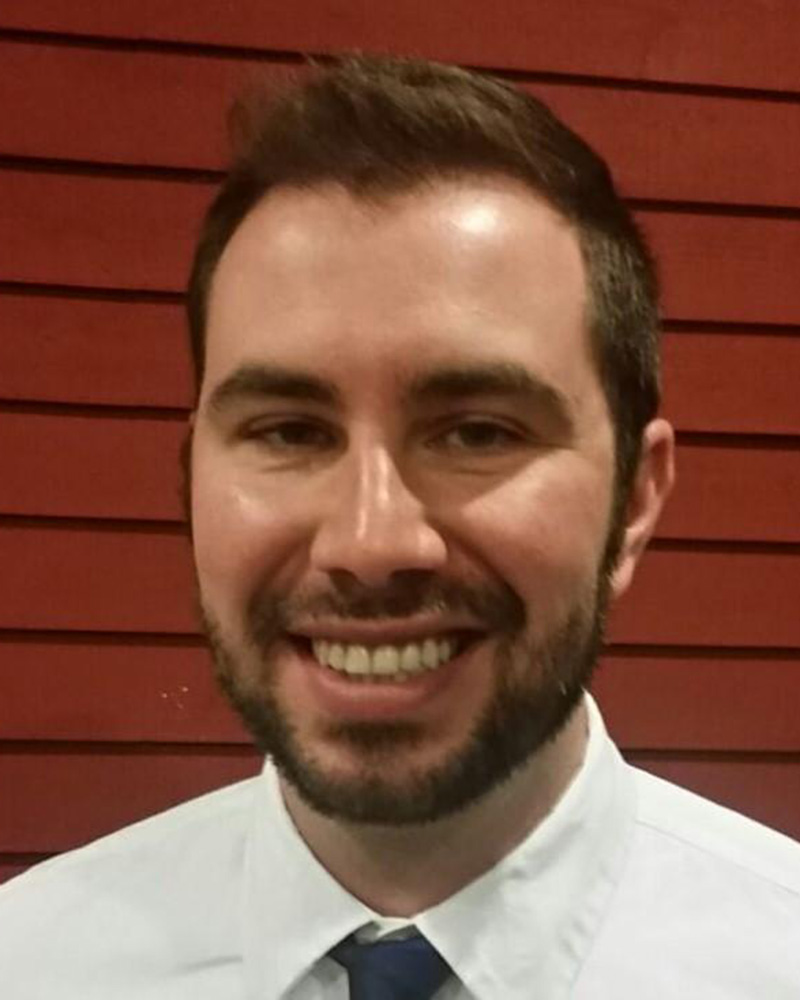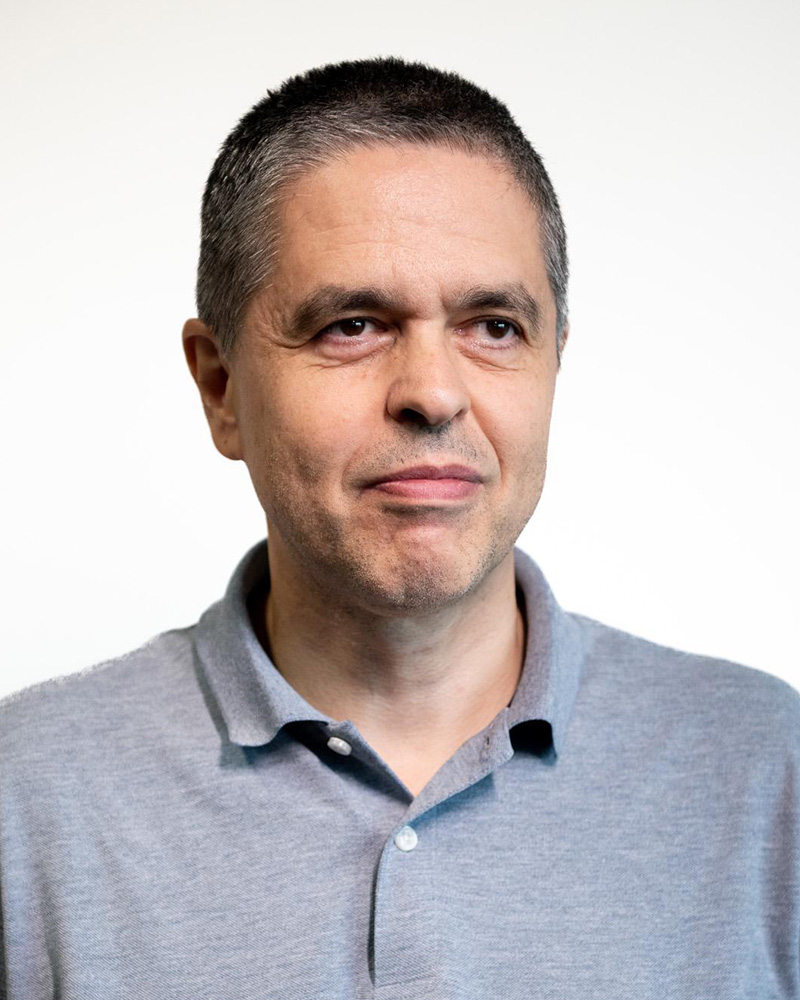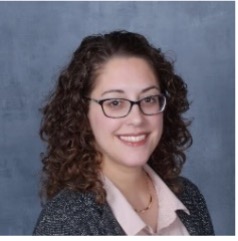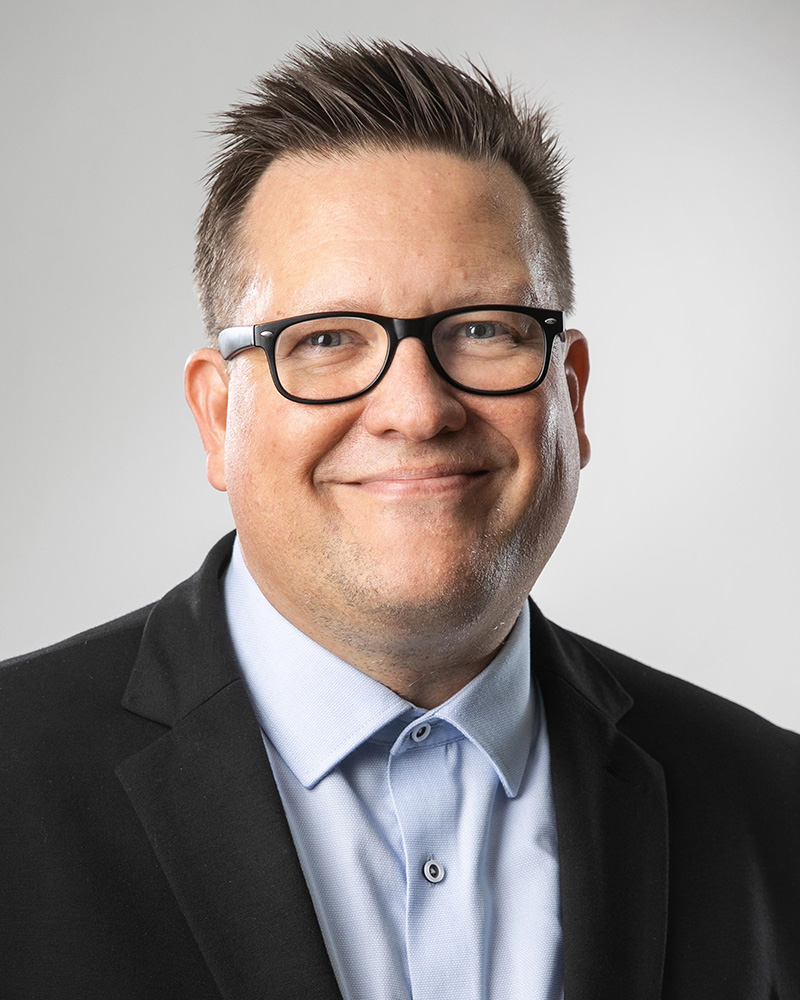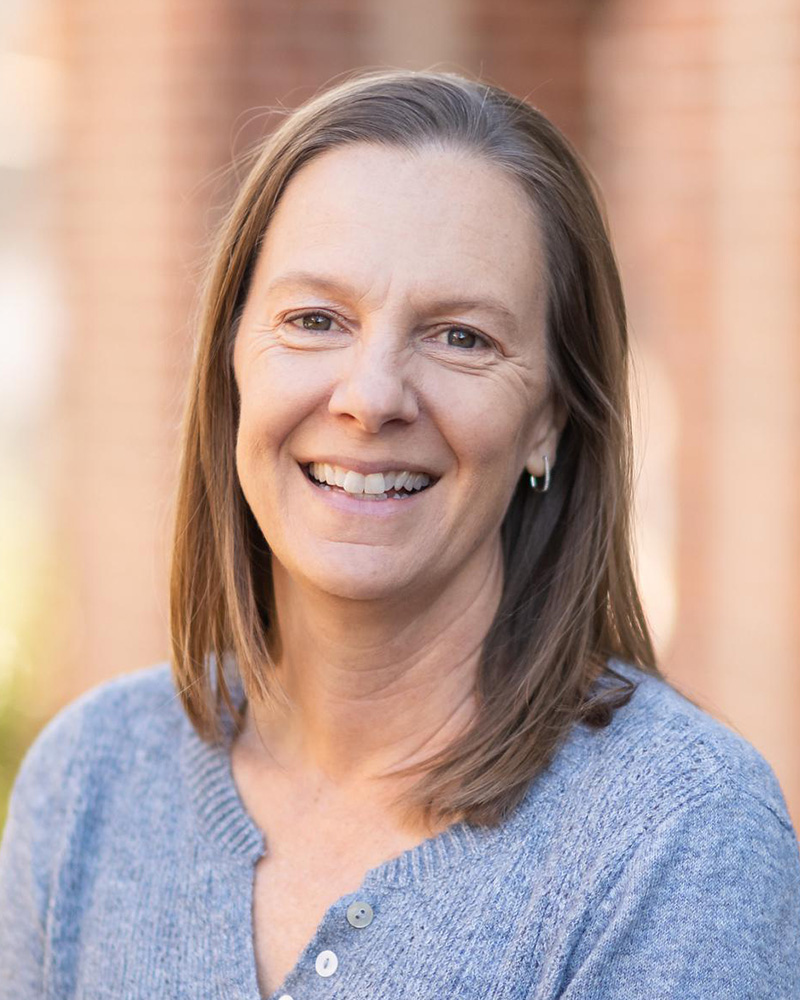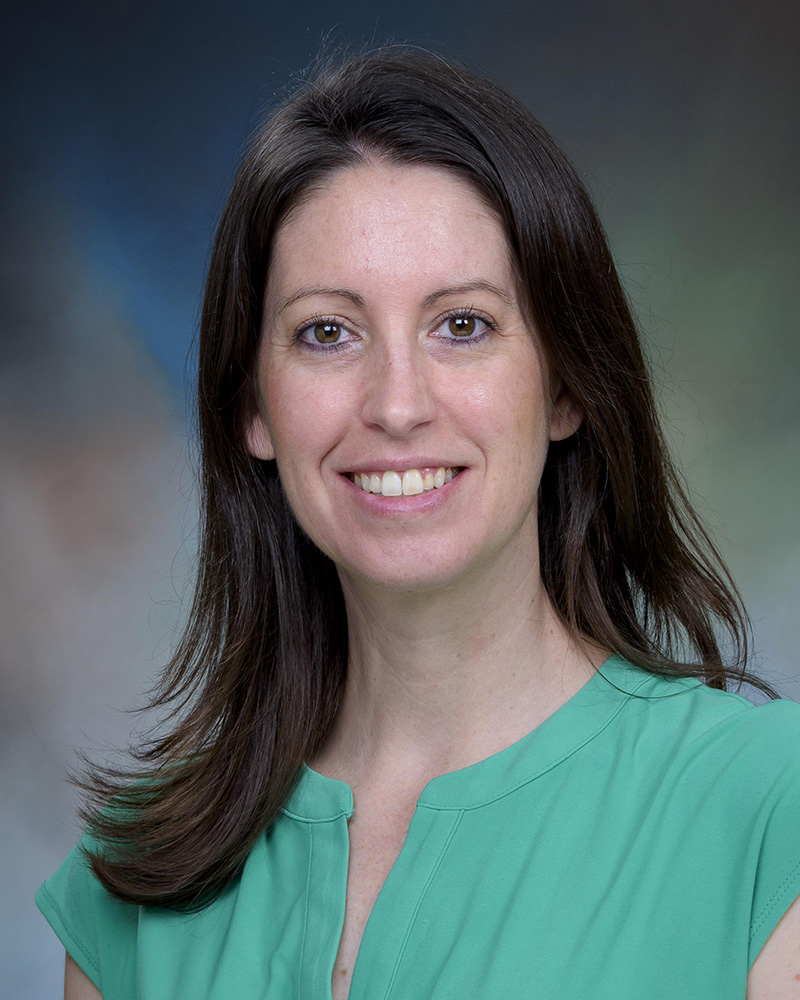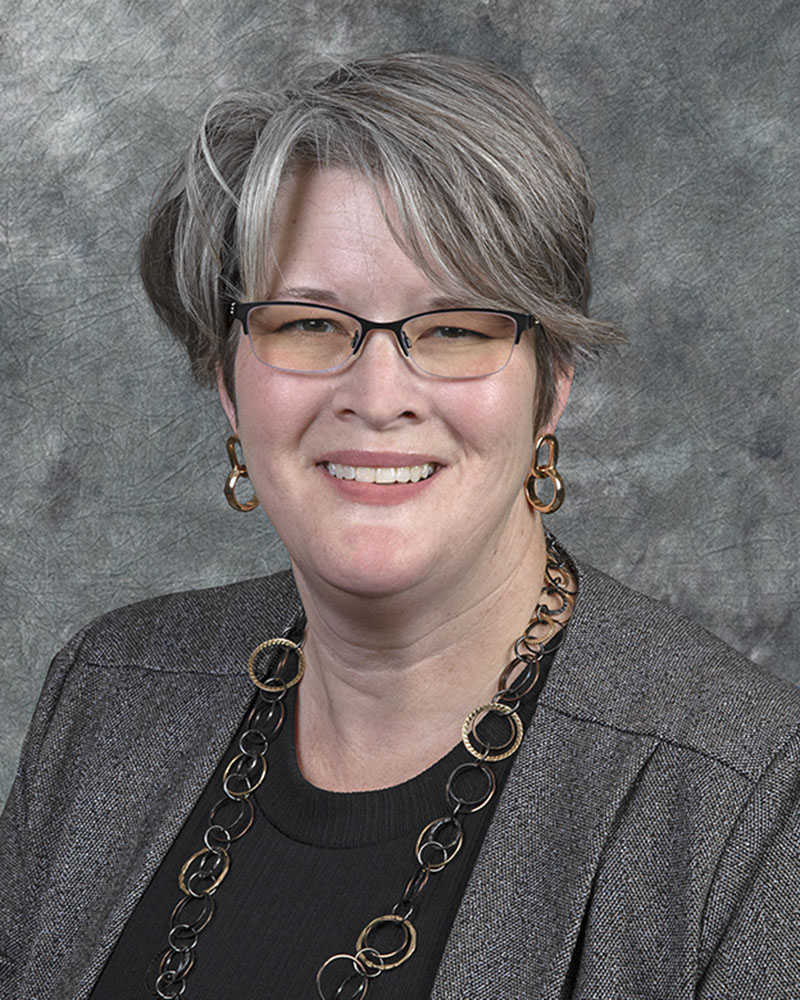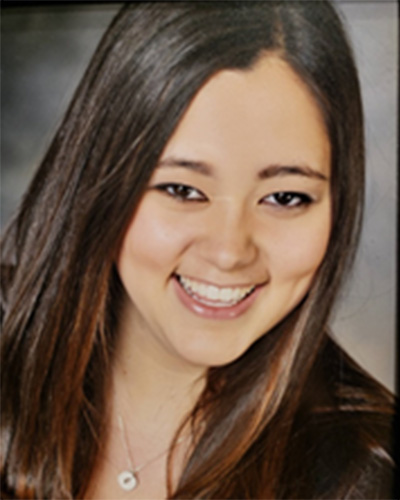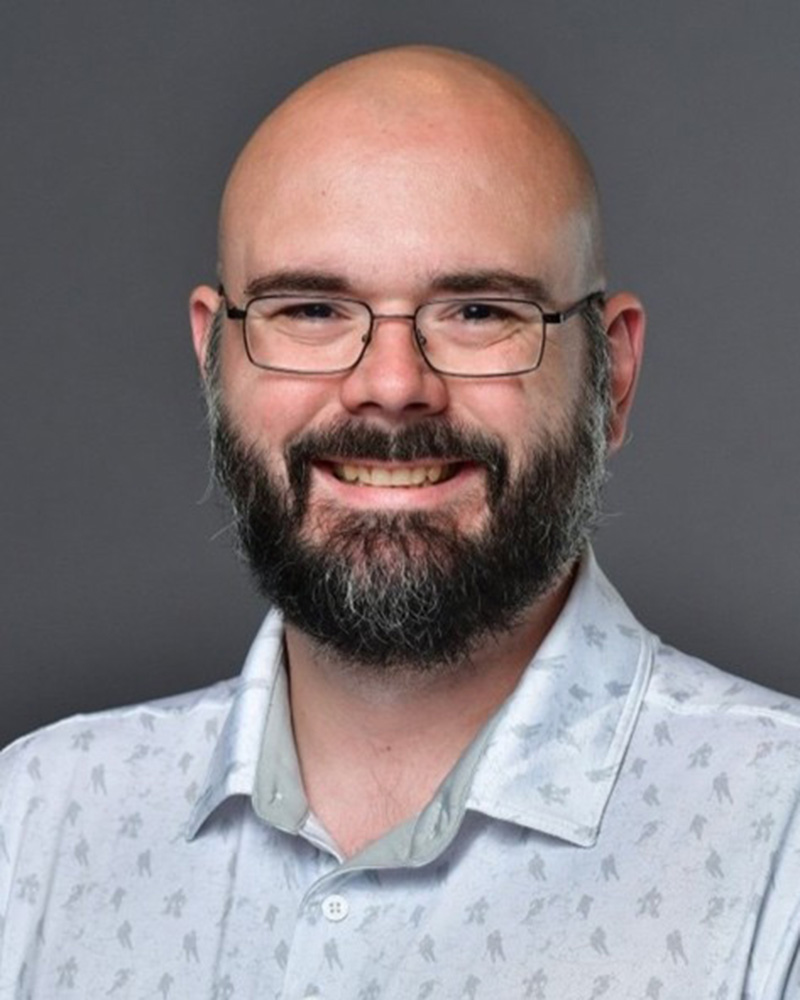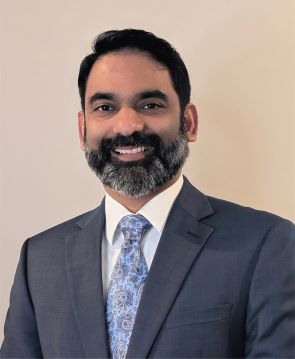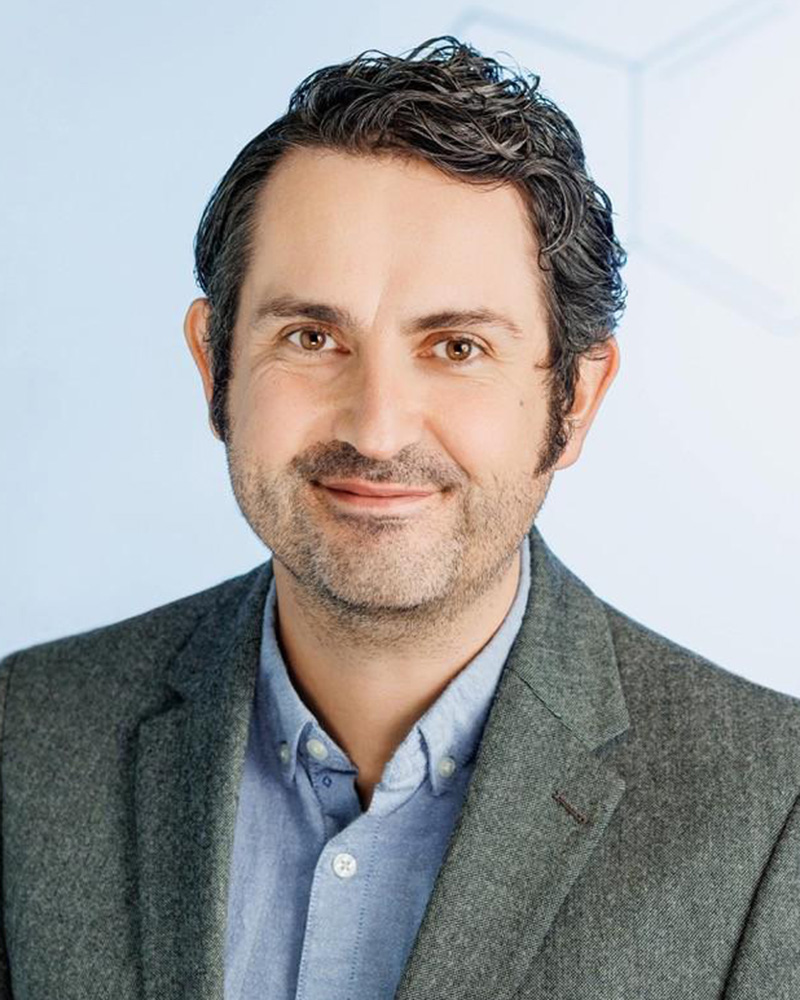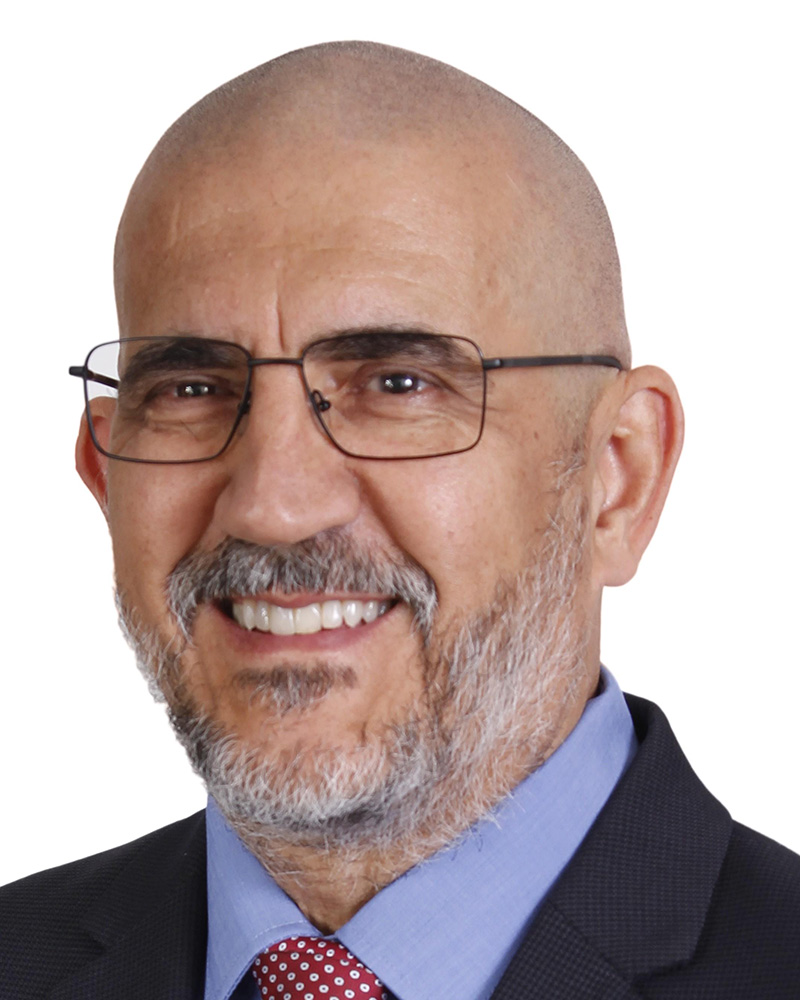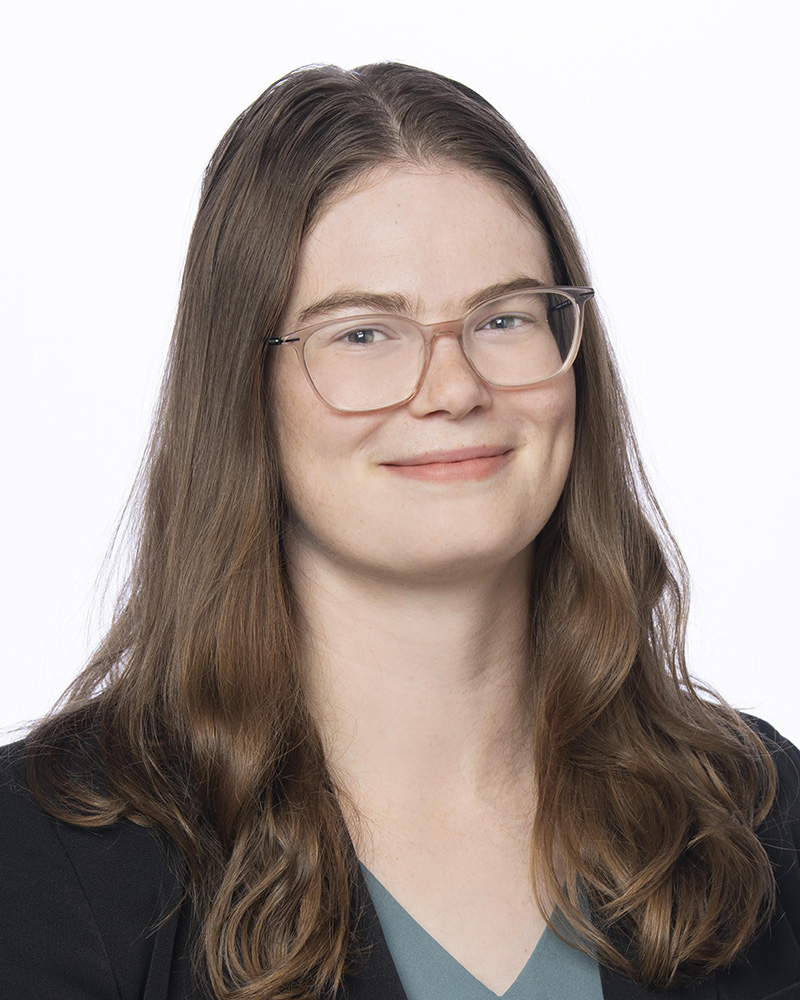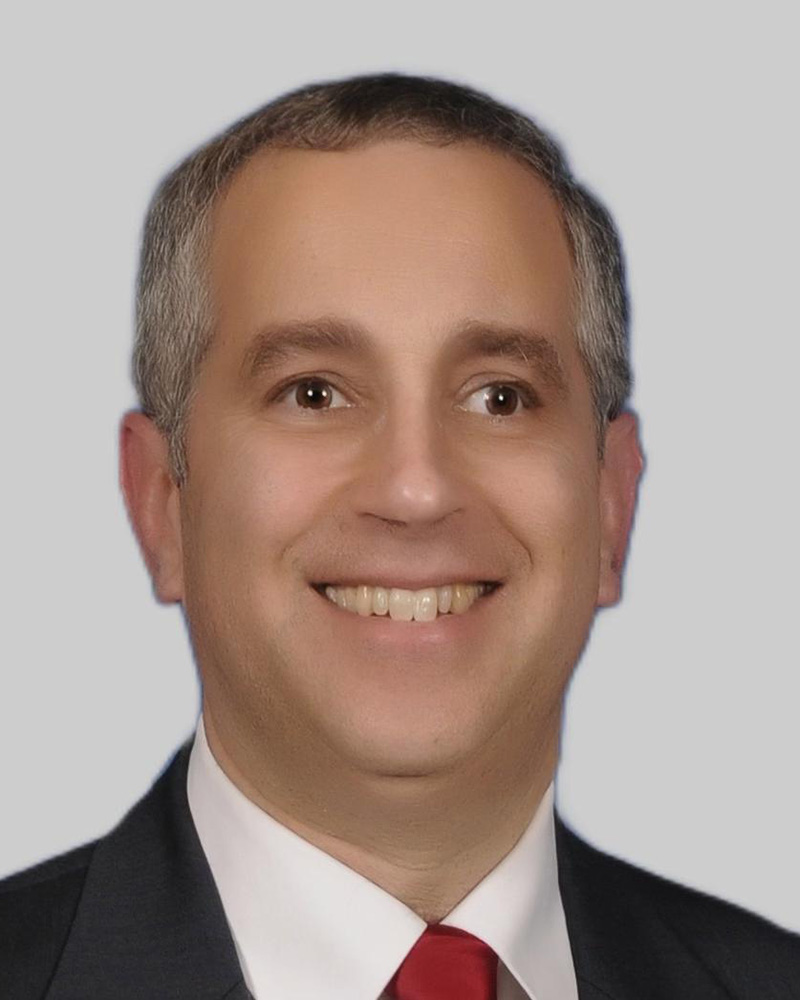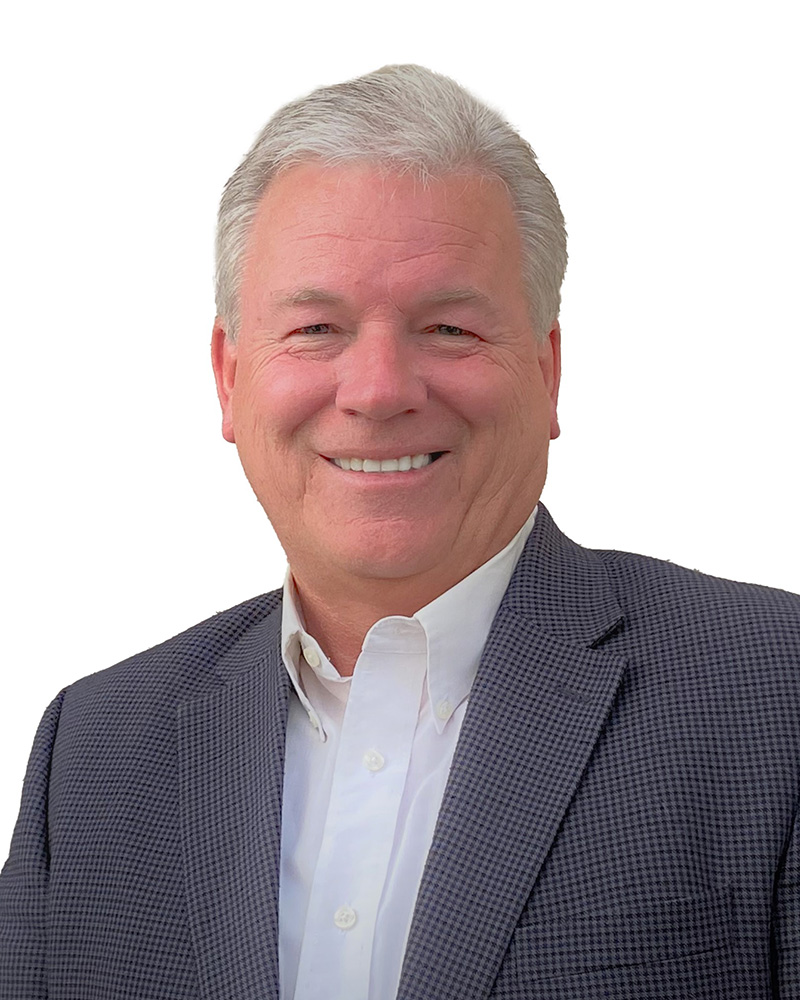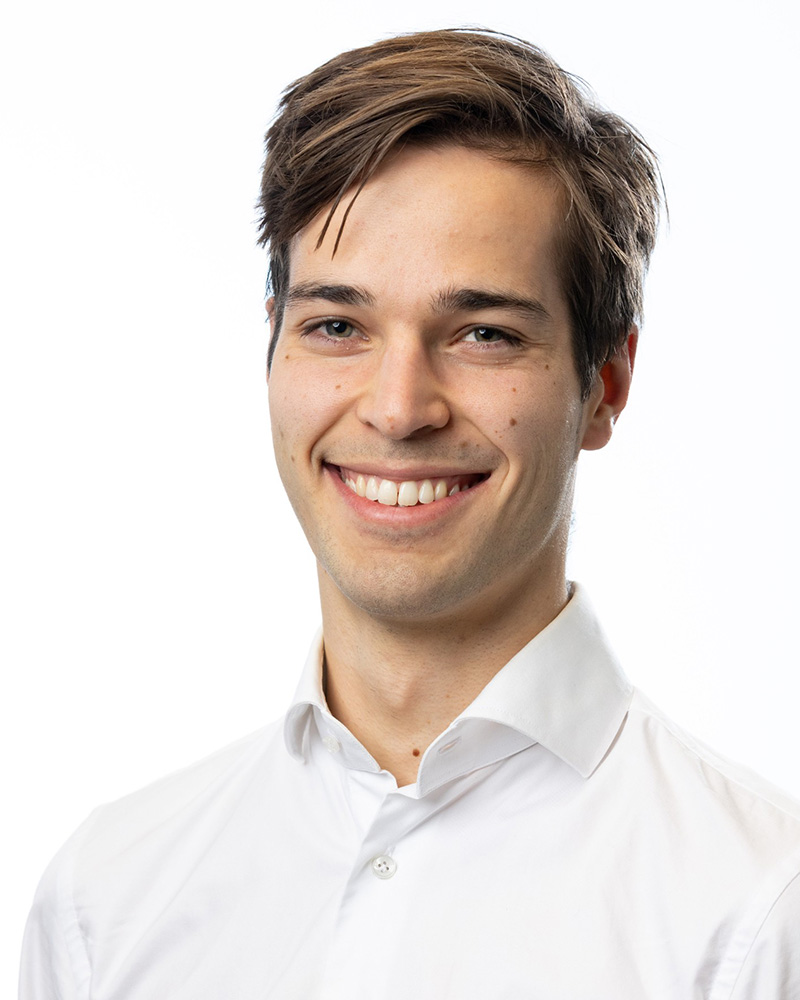WEDNESDAY SCHEDULE:
Scientific Program
October 29, 2025
7:00 am – 5:00 pm Registration
7:00 – 8:00 am Continental Breakfast in Foyer
Session 14 | Invited Speaker
Introduction: Susan Vleck, PhD, RBP(ABSA), CBSP(ABSA), Stanford University, Stanford, CA
Moderator: Adam Fleming, PhD, CBSP(ABSA), Deloitte Consulting, LLP, Waldorf, MD
8:00 – 8:45 am A New Paradigm for Fast-Acting, Broad-Spectrum, Self-Cleaning Antimicrobial Surfaces Promising High Inactivation Efficacy with No Antimicrobial Resistance
Richard Spontak, PhD, North Carolina State University, Raleigh, NC
8:45 – 9:00 am Q&A Session
9:00 – 9:05 am | Stretch
Session 15 | What’s New in Decontamination
Moderators:
Rachel Gamble, DrPH, RBP(ABSA), CBSP(ABSA), Pond & Company, Peachtree Corners, GA
Kaci Van Dalen, MS, National Institutes of Health—NIAID, Bethesda, MD
9:05 – 9:20 am Retrofitting Vent Lines and Using Chlorine Dioxide to Decontaminate Pall® Filters
Jonathan Harris, MS, National Biodefense Analysis and Countermeasures Center (NBACC), Battelle National Biodefense Institute (BNBI), U.S. Department of Homeland Security (DHS) Science and Technology (S&T) Directorate, Fort Detrick, MD
9:20 – 9:35 am Solid Hydrogen Peroxide for Safe Transport and Compact Bio-Decontamination
Fernando Antunes, PhD, University of Lisbon—Institute of Molecular Sciences, Lisboa, Portugal
9:35 – 9:50 am Biosafety Considerations for High Level Disinfection and Sterilization of Reusable Medical Equipment
Allison Reeme, PhD, RBP(ABSA), CIC, Acacia Safety Consulting, Milwaukee, WI
9:50 – 10:05 am Enhanced Risk Mitigation and Reduced Waste for Steam Sterilizer Cycles in High-Containment Facilities
Juha Mattila, MEng, STERIS, Tuusula, Finland
10:05 – 10:35 am Q&A Session
10:35 – 10:45 am | Coffee Break
Session 16 | Topics in Biosafety Training
Moderators:
Shelley Jones, MS, RBP(ABSA), Northern Arizona University, Flagstaff, AZ
Aderemi Dosunmu, PhD, CBSP(ABSA), Mount Sinai, New York, NY
10:45 – 11:00 am Building a Robust and Sustainable Biosafety Program – Integrating Training, Mentoring, and Coaching for Lasting Impact
Maya Nair, PhD, RBP(ABSA), University of North Texas Health, Fort Worth, TX
11:00 – 11:15 am It’s a (Lab) Mystery! Developing a Non-Traditional Training Module for Use in a Biosafety Program
Kerri Kwist, MS, RBP(ABSA), Clemson University, Clemson, SC
11:15 – 11:30 am Infectious Learning: Building a Resilient HCW Training Program for HCID Response
Corrie Ntiforo, RBP(ABSA), University of Texas Medical Branch—Galveston, Galveston, TX
11:30 – 11:45 am Q&A Session
12:00 – 1:30 pm | Honor Awards and Special Recognition Luncheon
Presenter: Sherry S. Bohn, PhD, MSL, CBSP(ABSA), SM(NRCM), University of Maryland—Baltimore, Baltimore, MD
Arnold G. Wedum Distinguished Achievement Award
Everett J. Hanel, Jr. Presidential Award
John H. Richardson Special Recognition Award
Diane Fleming Leadership Award
Scientific and Informational Poster Awards
Hashimoto Award for Service and Honor
Richard Rebar Recognition of Certified Biological Safety Professionals and Registered Biosafety Professionals
Session 17 | Richard Knudsen Award
Introduction: Sunny Hoffman, MPH, RBP(ABSA), Columbia, MO
Moderator: Julianne Baron, PhD, RBP(ABSA), Science and Safety Consulting, Venetia, PA
1:30 – 1:50 pm Rate of Errors During Routine Biological Manipulation
Kelly Kim, MS, Colorado State University, Fort Collins, CO
Adam Fleming, PhD, CBSP(ABSA), Deloitte Consulting, LLP, Waldorf, MD
1:50 – 2:00 pm Q&A Session
Session 18 | Managing Microbes
Moderators:
Eric Lewis, PhD, RBP(ABSA), CBSP(ABSA), Merck & Co., Inc., Rahway, NJ
Kalpana Rengarajan, PhD, MPH, JM, RBP(ABSA), Emory University, Atlanta, GA
2:00 – 2:15 pm Lessons From Implementing Biological Materials Reporting System at Duke
Antony Schwartz, PhD, CBSP(ABSA), SM(NRCM), Duke University, Durham, NC
2:15 – 2:30 pm Removal of a Large Legacy Microorganism Collection
Simon White, PhD, Triumvirate Environmental, Somerville, MA
2:30 – 2:45 pm Developing Applications for Tracking Pathogens in High-Containment Laboratories in Brazil
Claudio Mafra, DVM, PhD, Brazilian Society for Biosafety and Biosecurity, Vicosa, Brazil
2:45 – 3:00 pm Q&A Session
3:00 – 3:15 pm | Coffee Break
Session 19 | Hot Topics
Introduction: Colleen Kovacsics, PhD, RBP(ABSA), FUJIFILM Diosynth Biotechnologies, Morrisville, NC
Moderator: Darlene Ward, RBP(ABSA), Advarra, Boca Raton, FL
3:15 – 3:35 pm Robert I. Gross Student Award: A Case Study: Developing Evidence-Based Solutions for Biosafety Challenges
Jay Bickell, MRIGlobal, Gaithersburg, MD
3:35 – 3:50 pm Prevention of Laboratory Animal Allergy
Gregg Stave, MD, JD, MPH, Duke University, Durham, NC
3:50 – 4:05 pm What Does Flexibility in Biocontainment Design Mean and Why Does it Matter?
E. Scott Kreitlein, MArch, BHDP Architects, Saratoga Springs, UT
4:05 – 4:20 pm The Iceberg of Incident Reporting
Clement Bijl, MSc, Netherlands Institute of Vectors, Invasive Plants, and Plant Health, Wageningen, The Netherlands
4:20 – 4:45 pm Q&A Session
4:45 pm | Close of Conference
Anne-Sophie Brocard, PhD, RBP(ABSA), CBSP(ABSA), SM(NRCM), The University of North Texas Health Science Center, Fort Worth, TX





